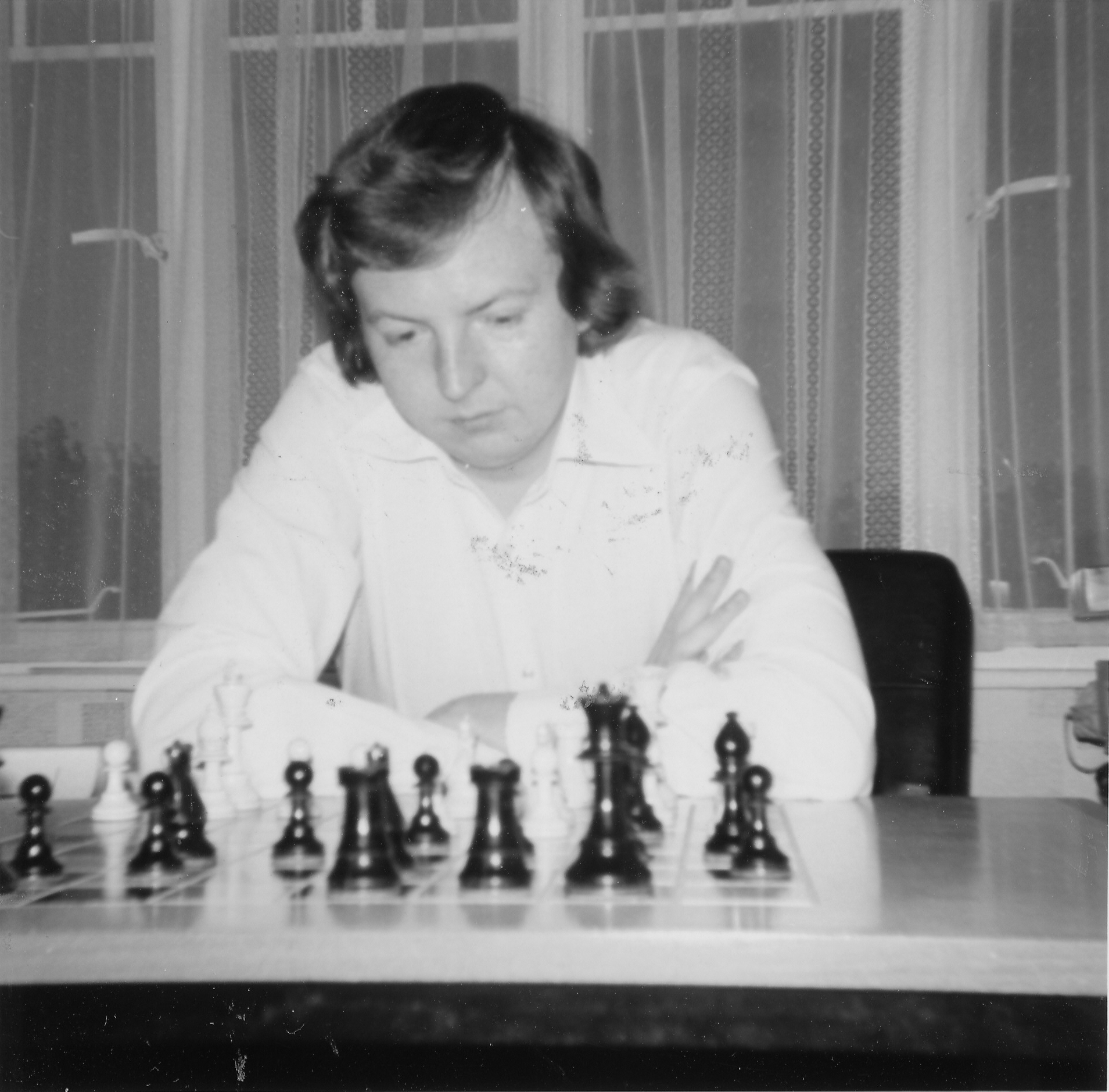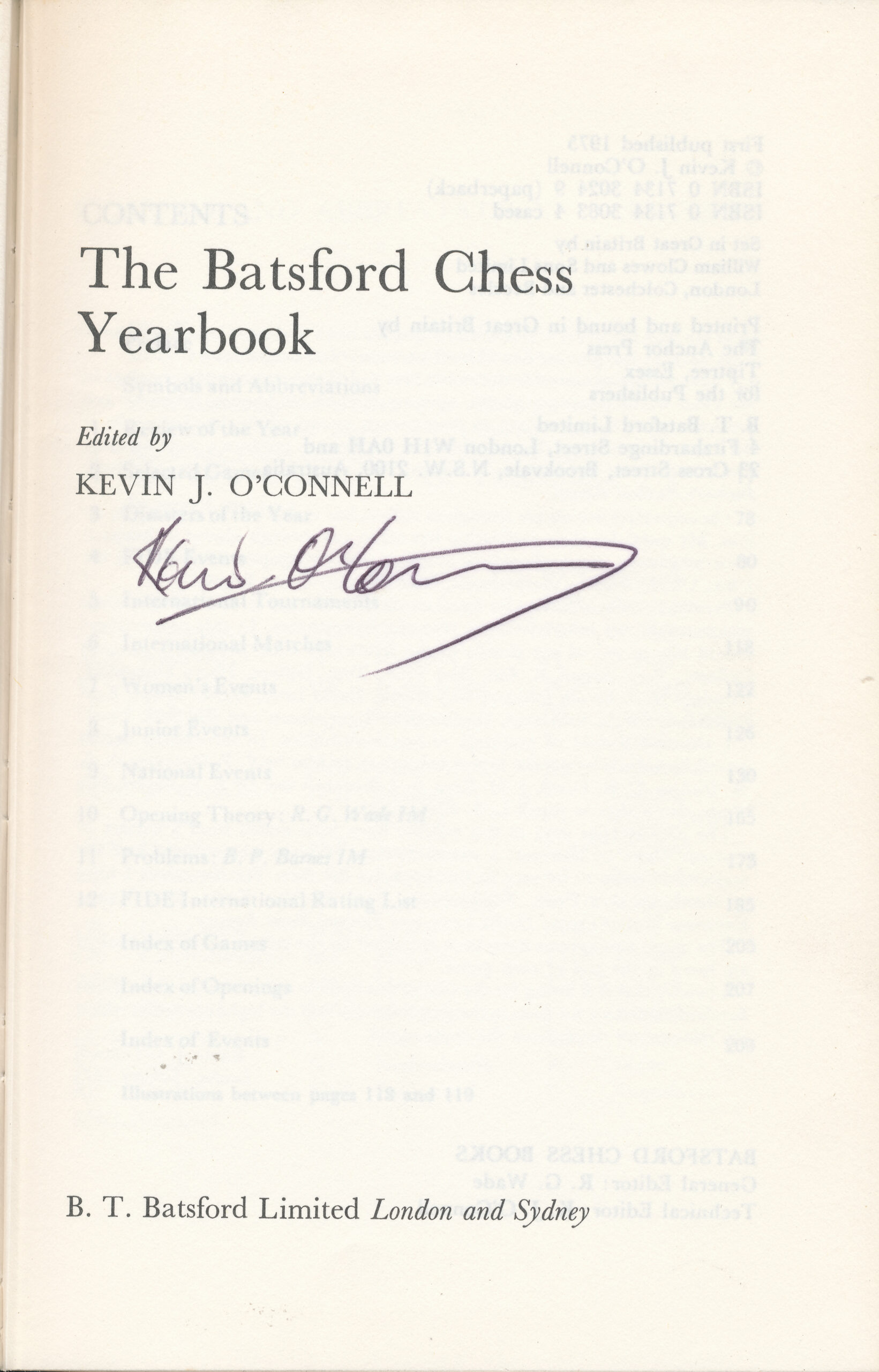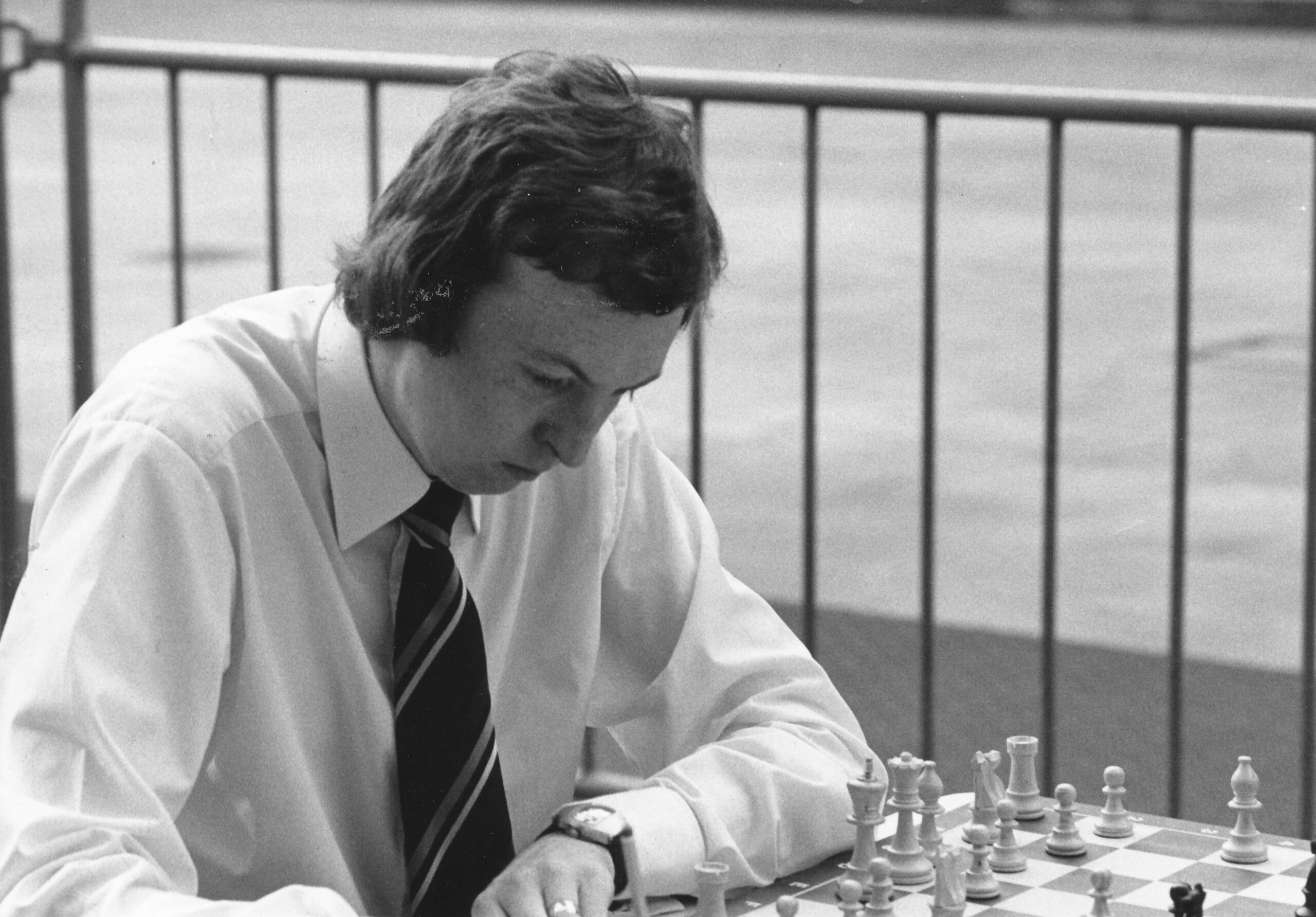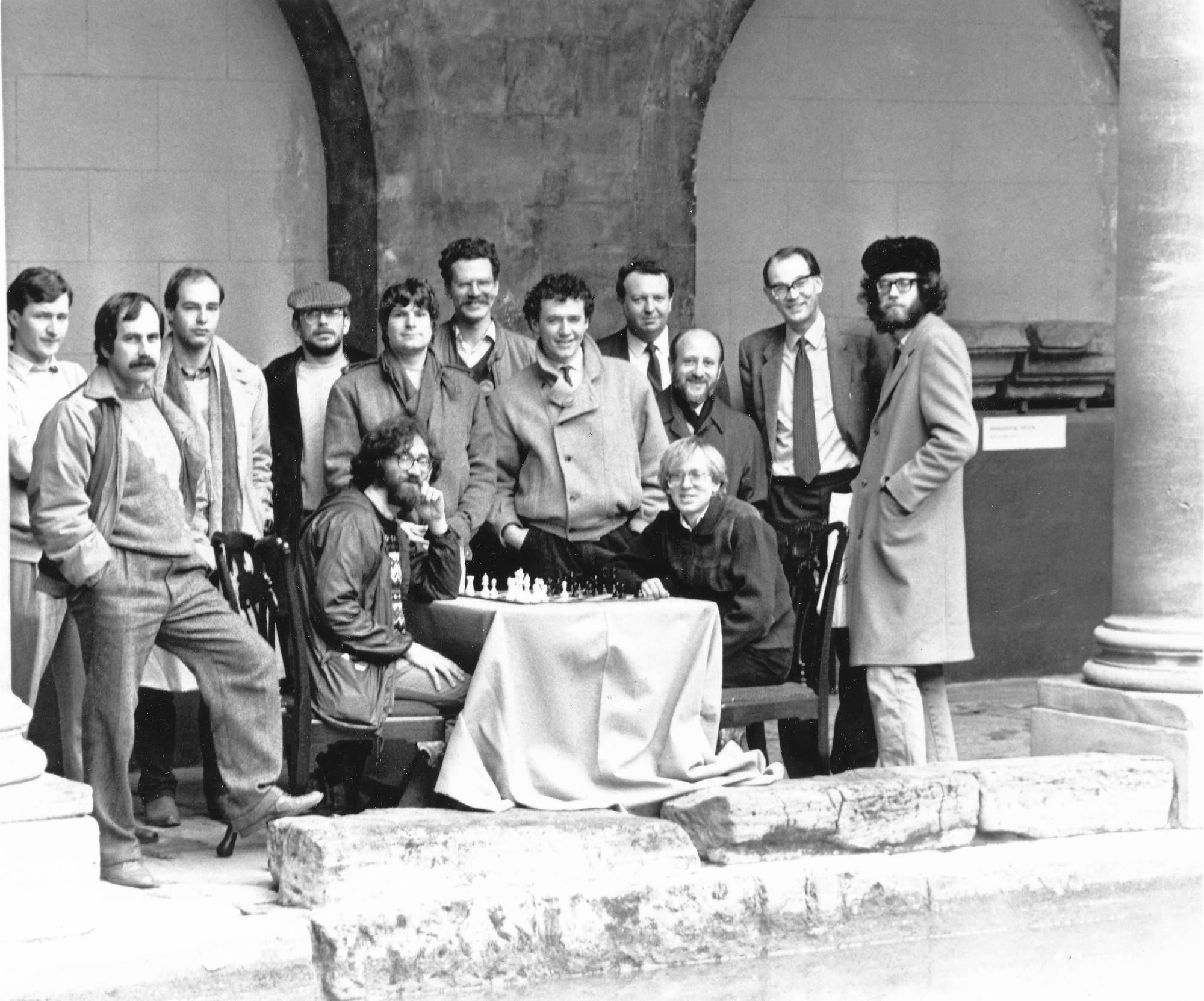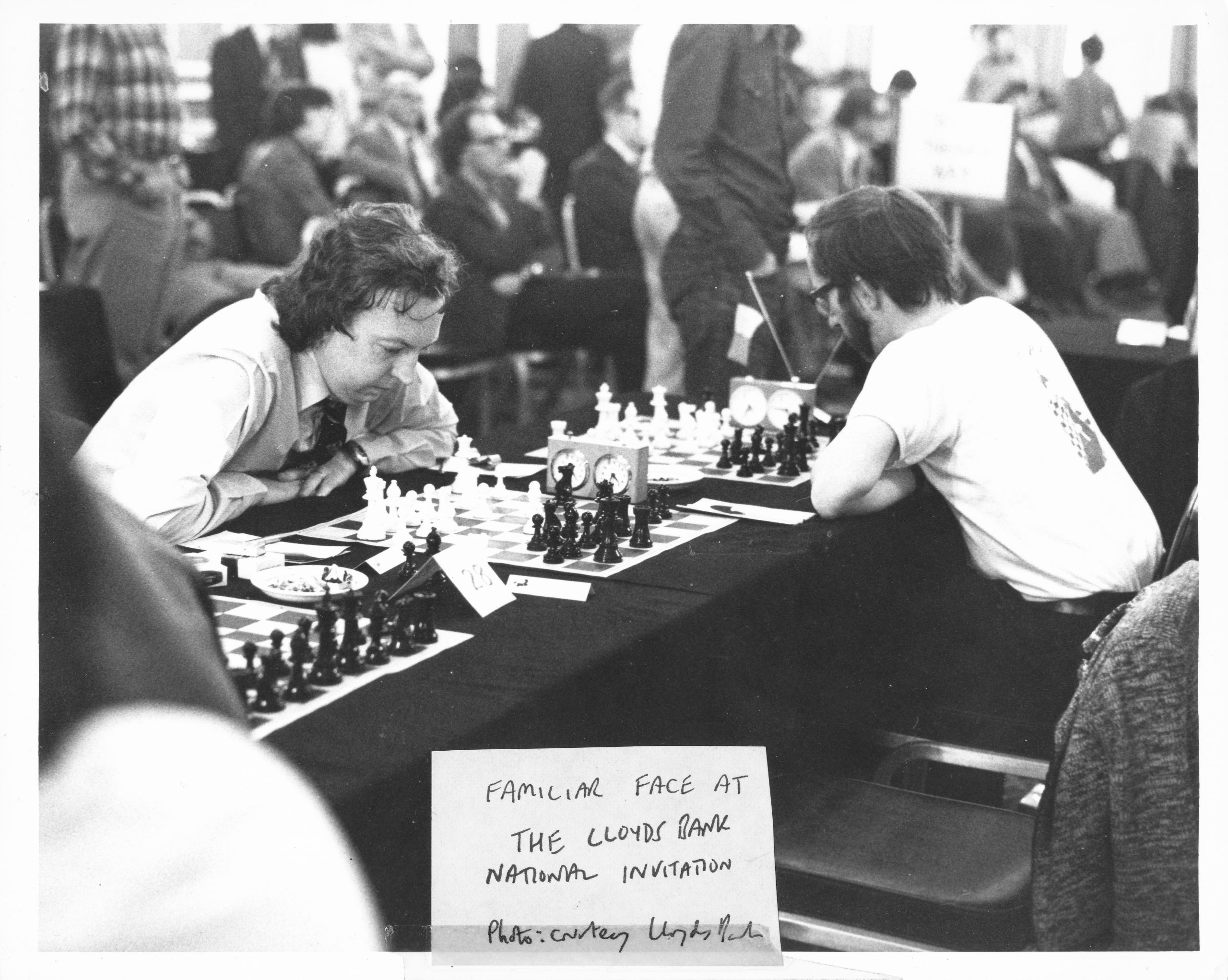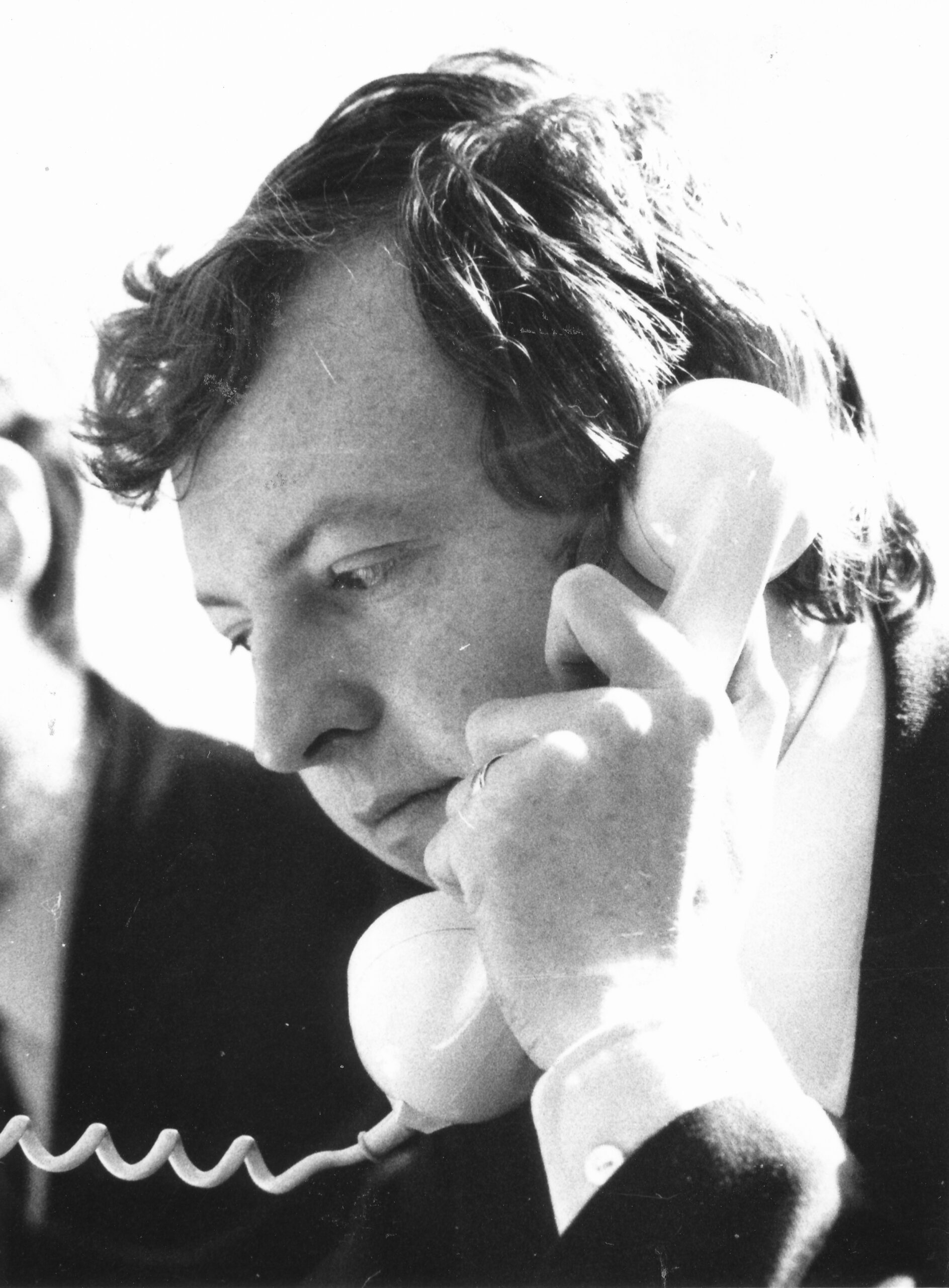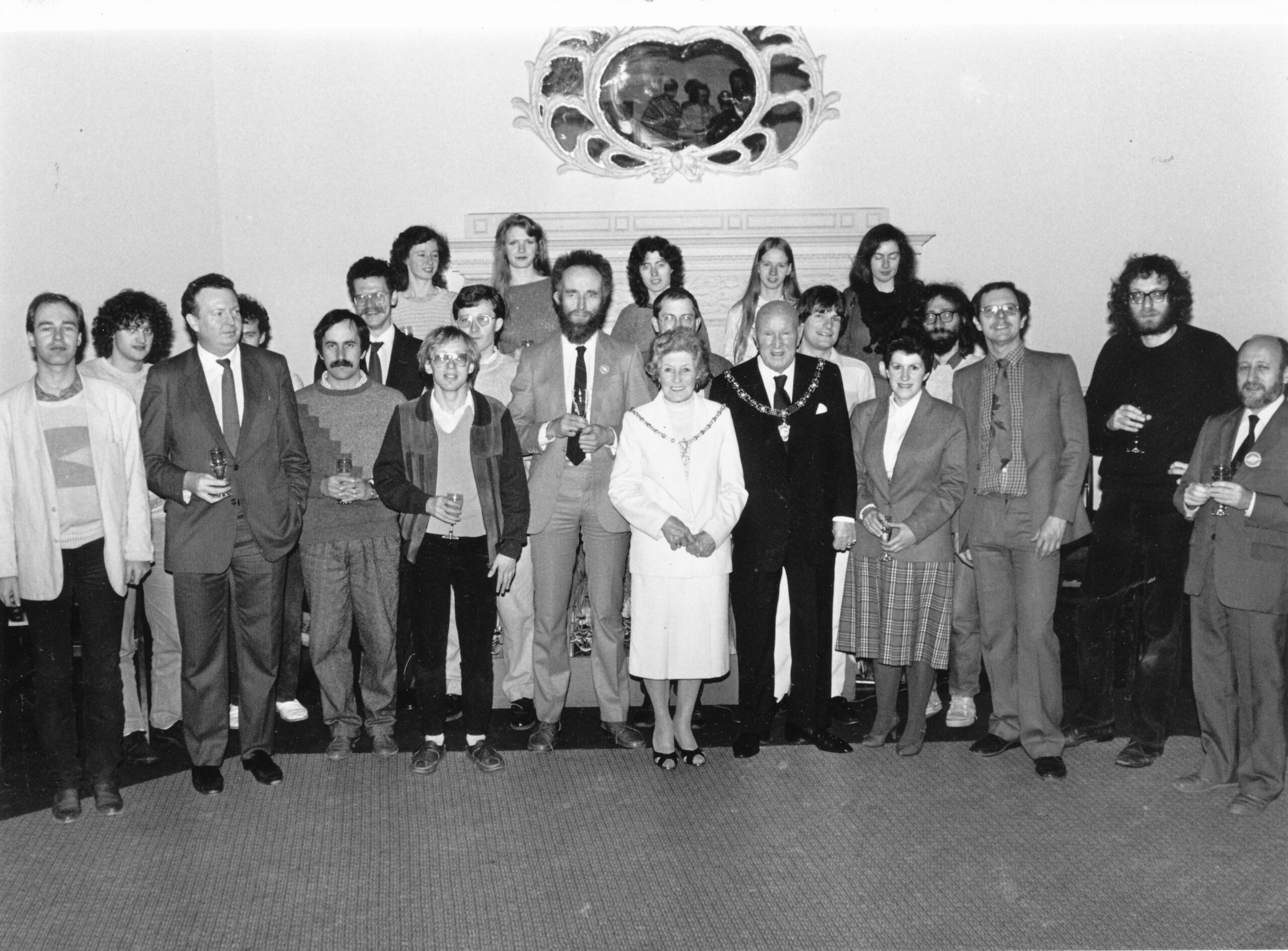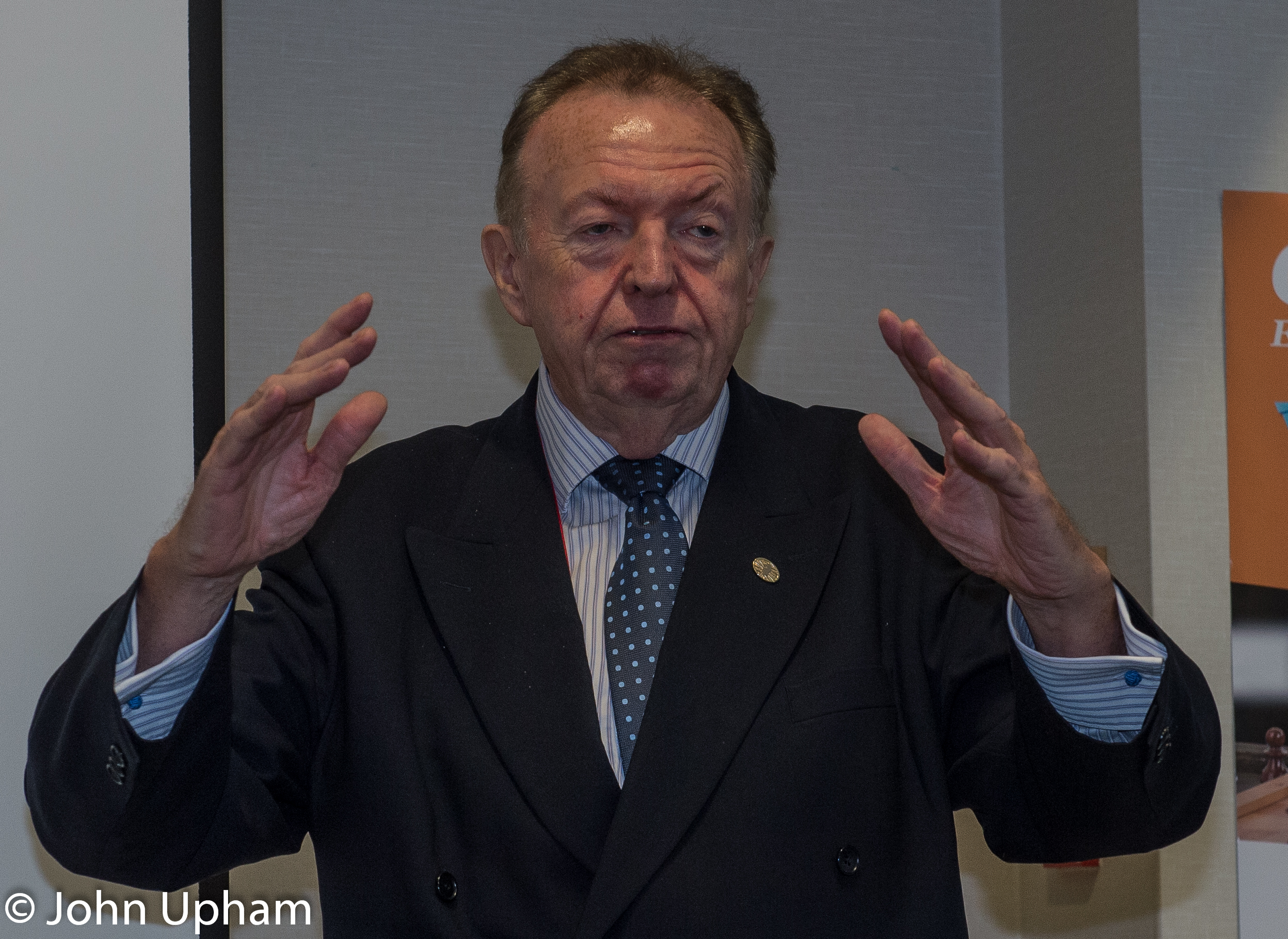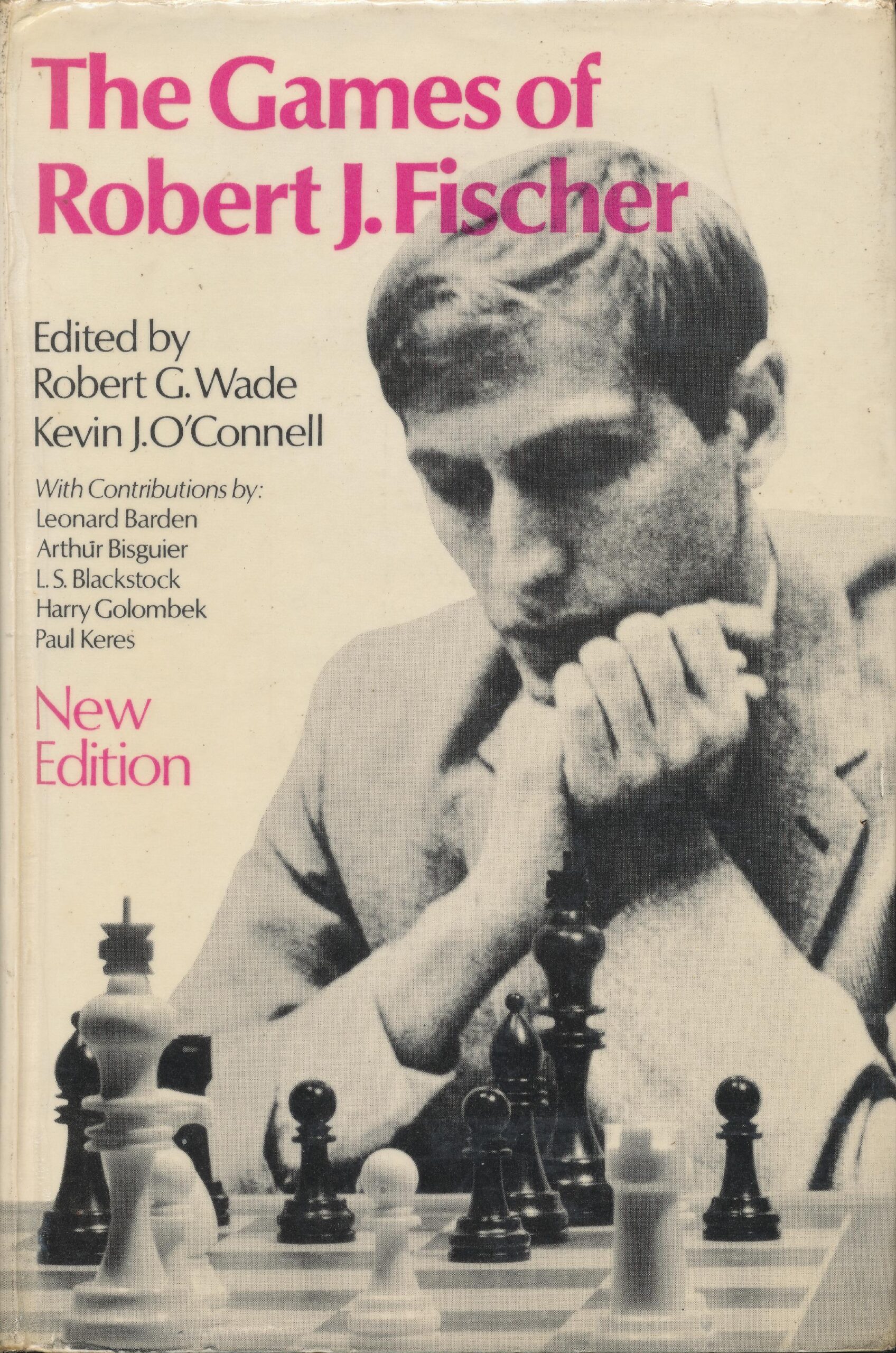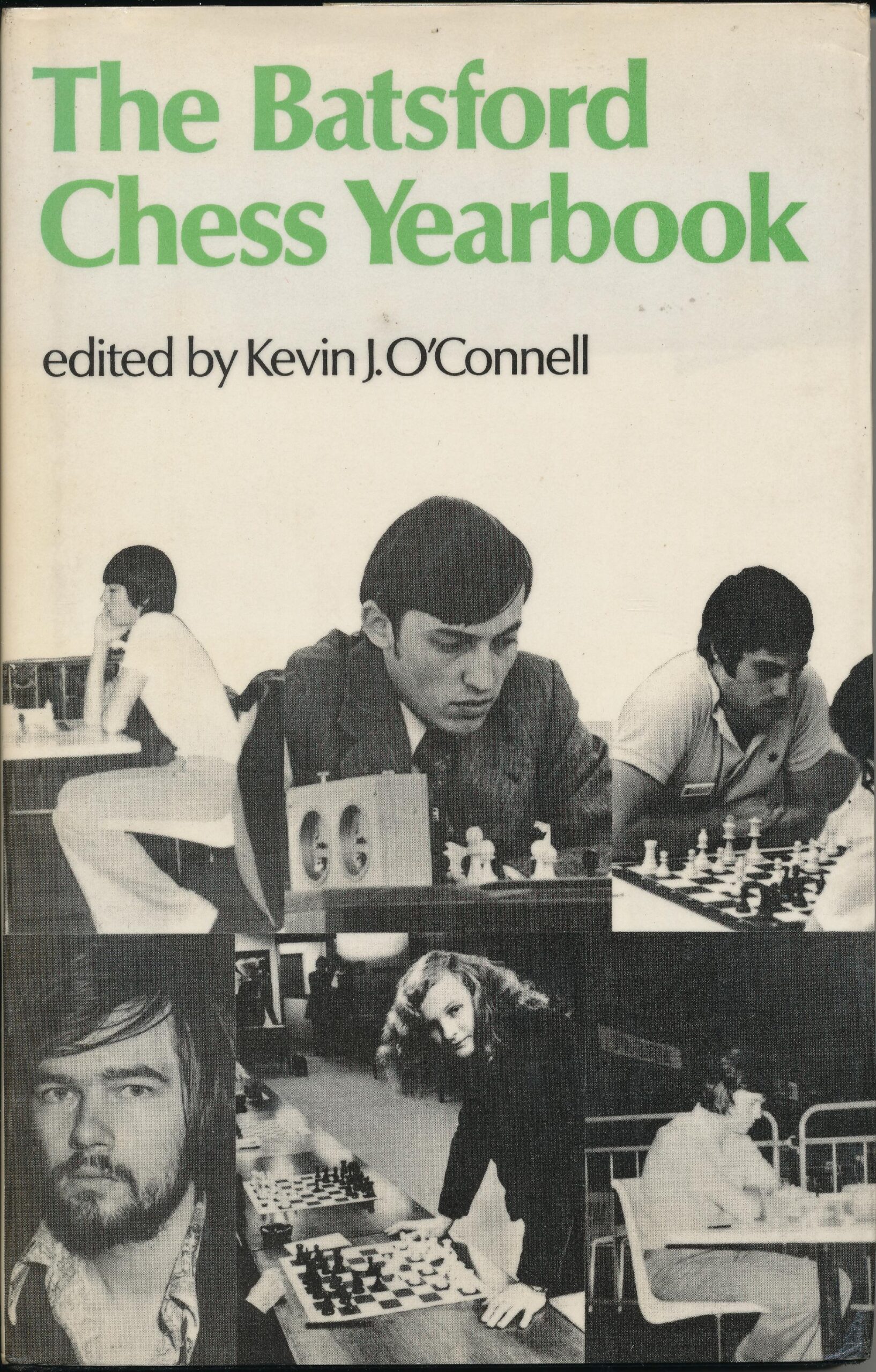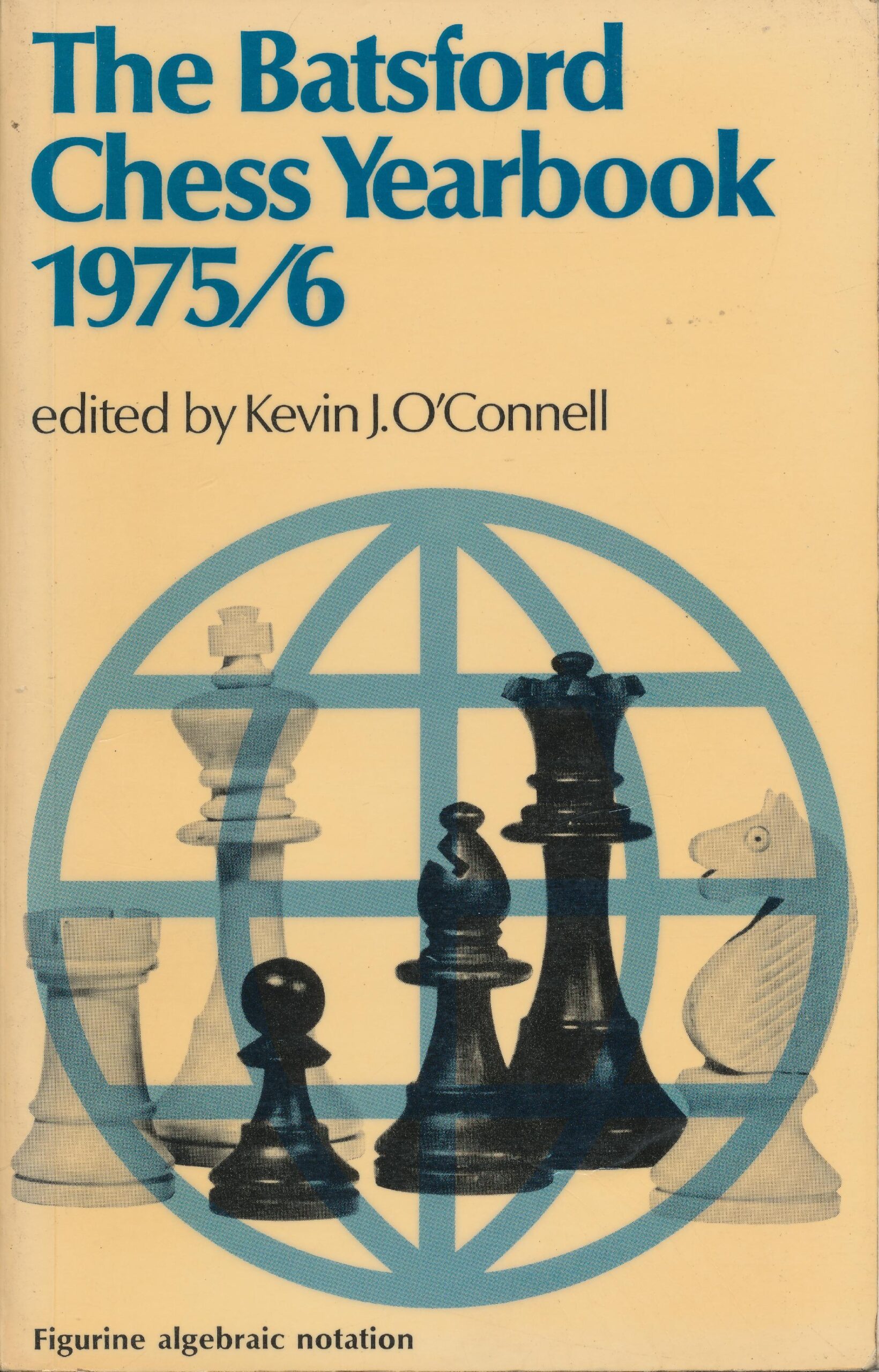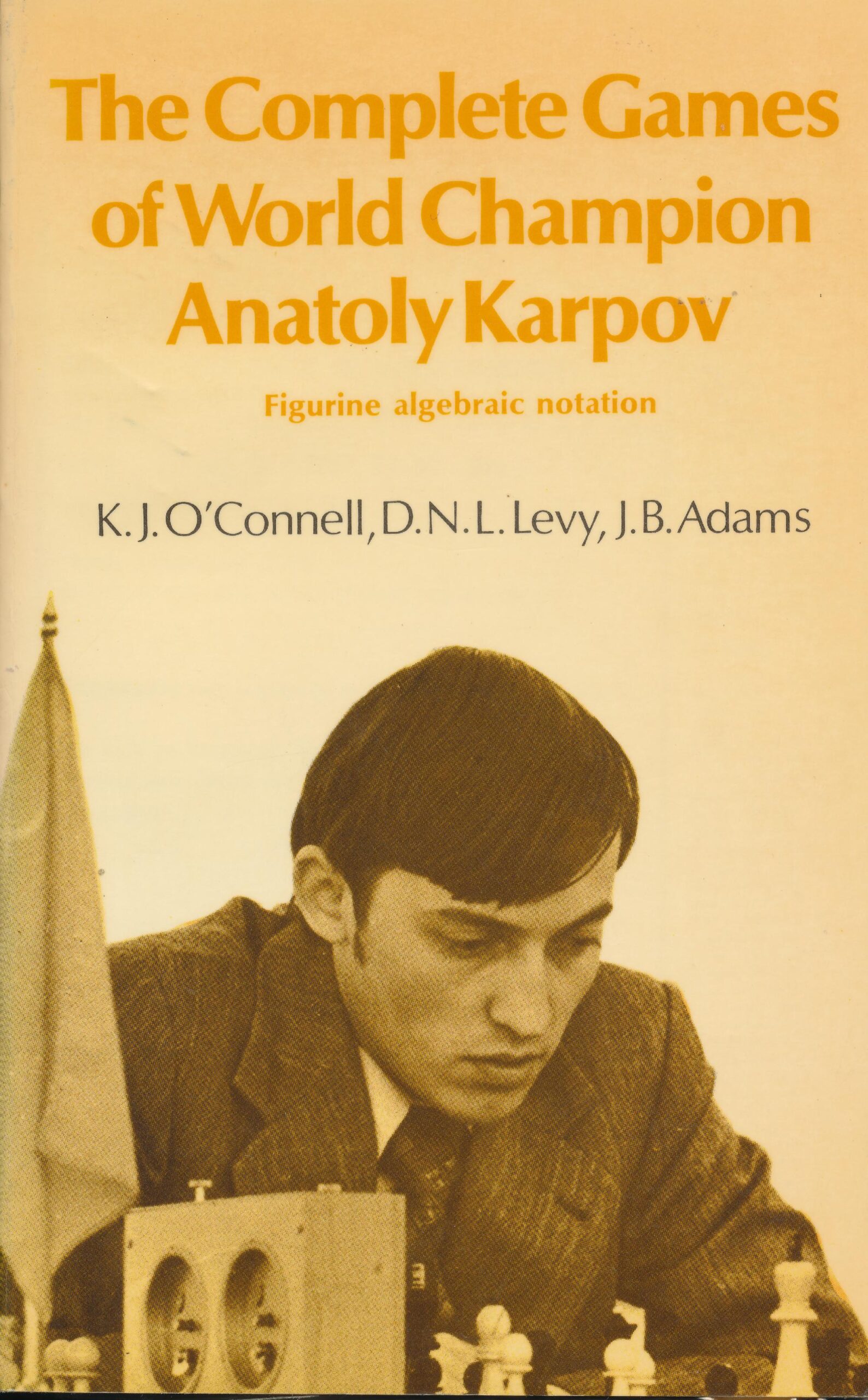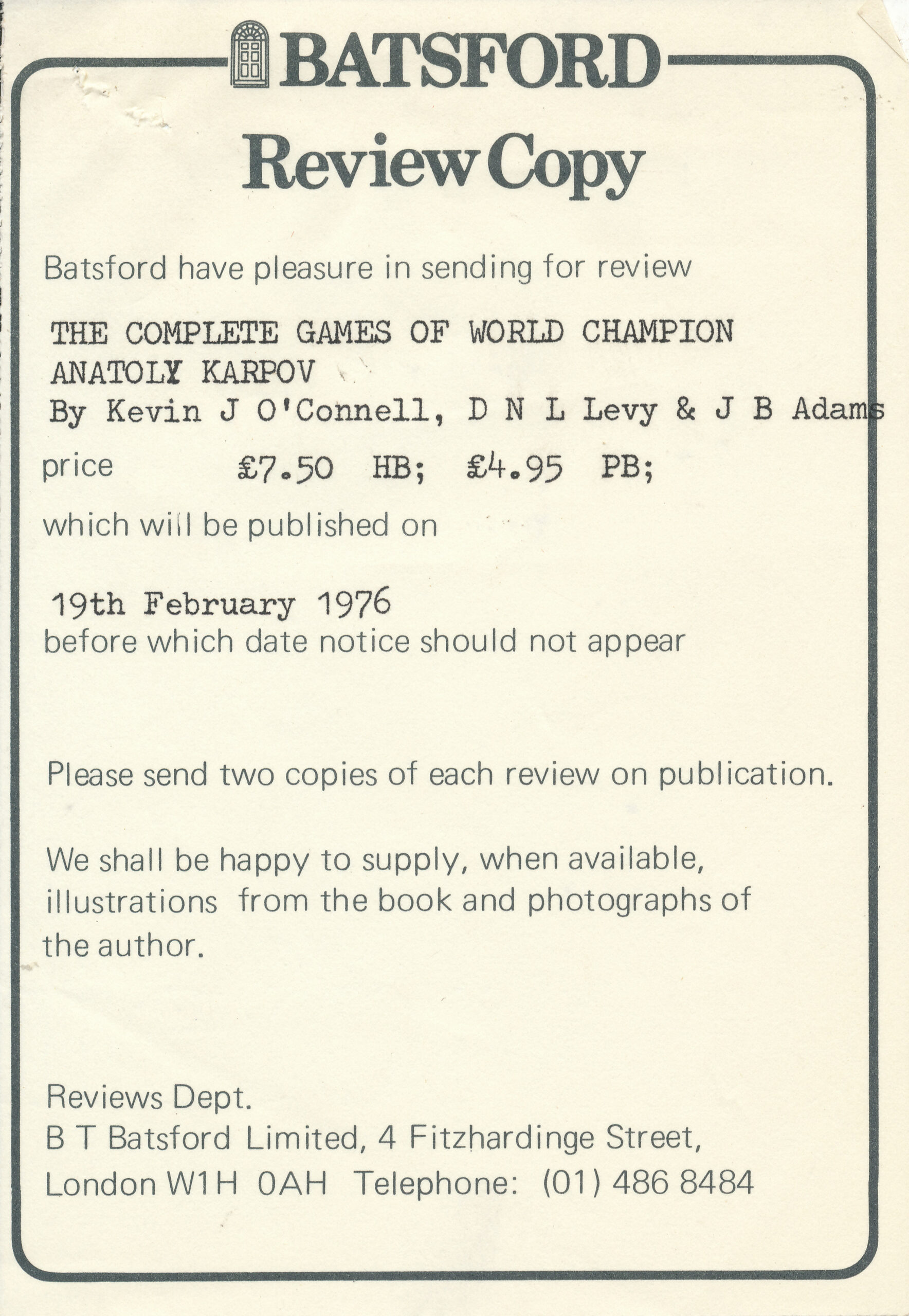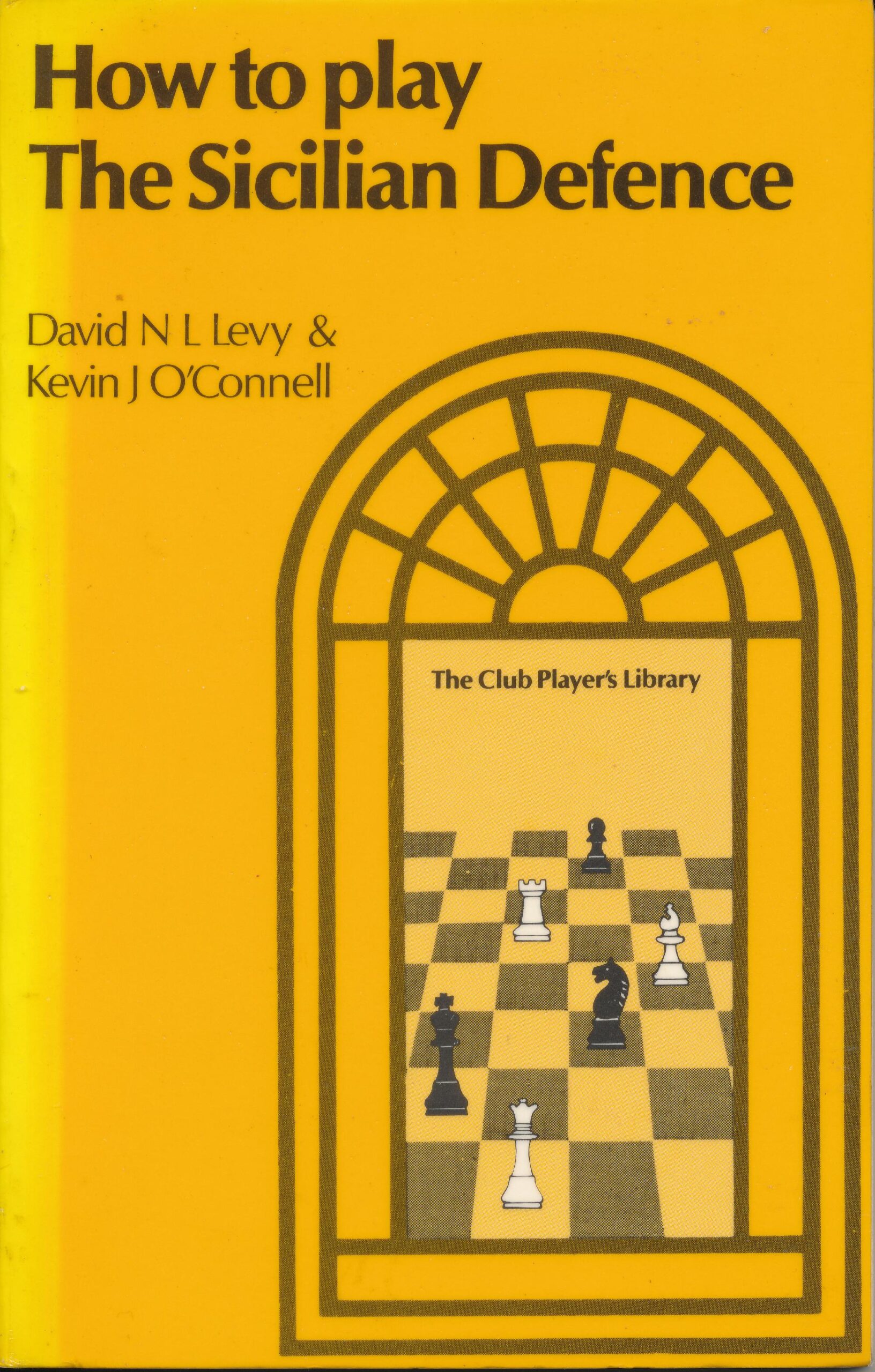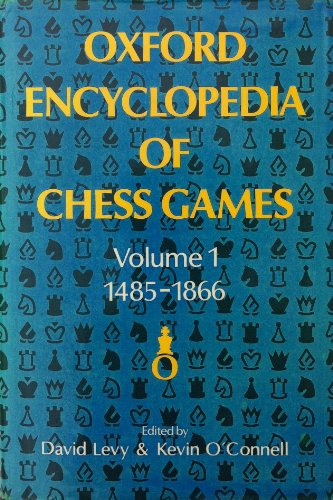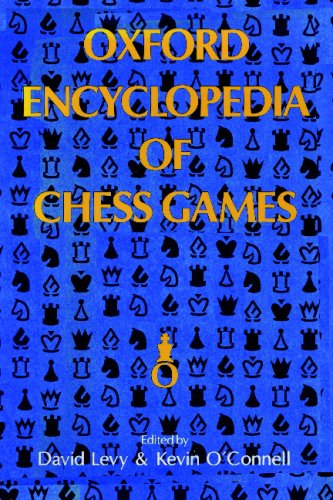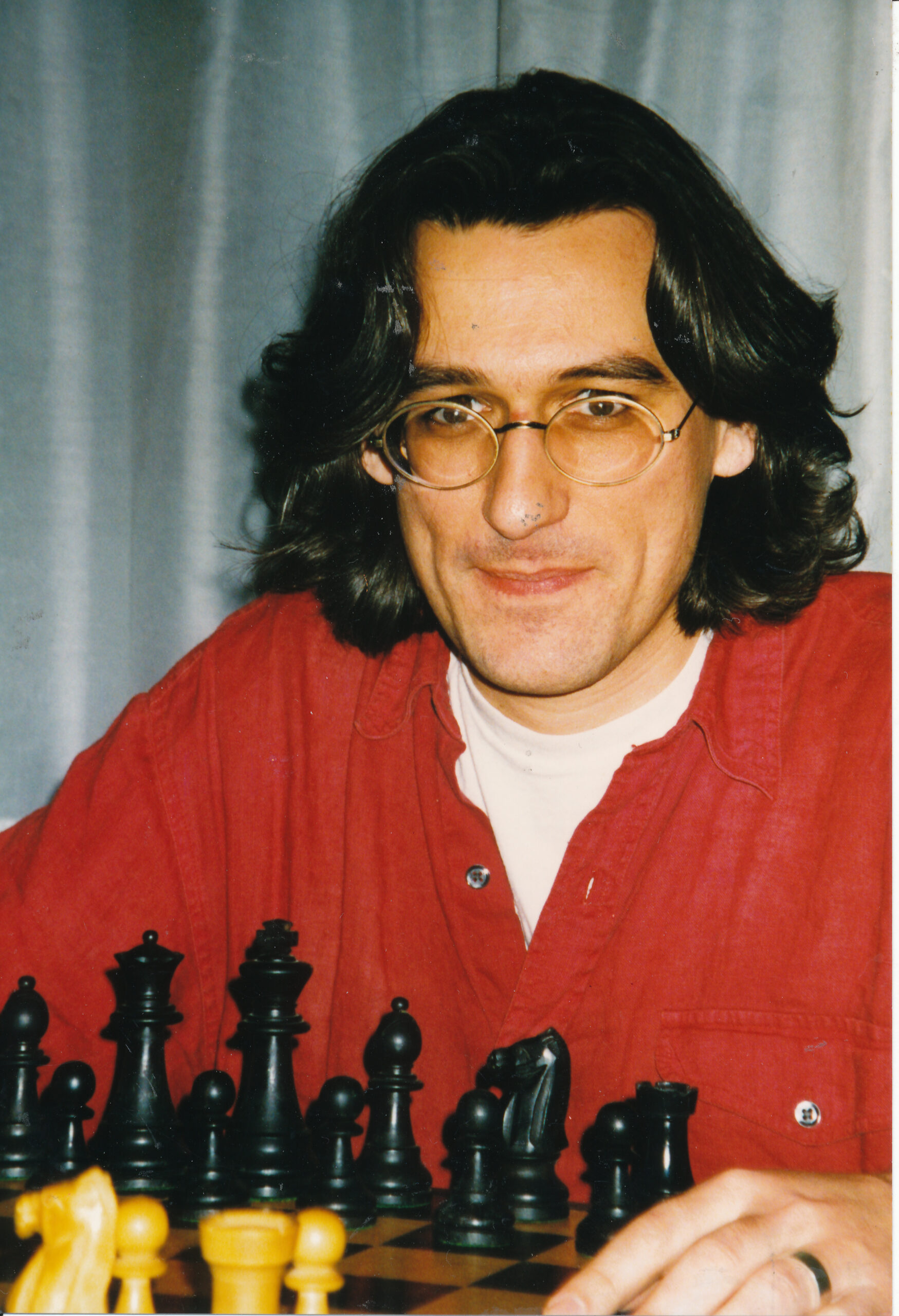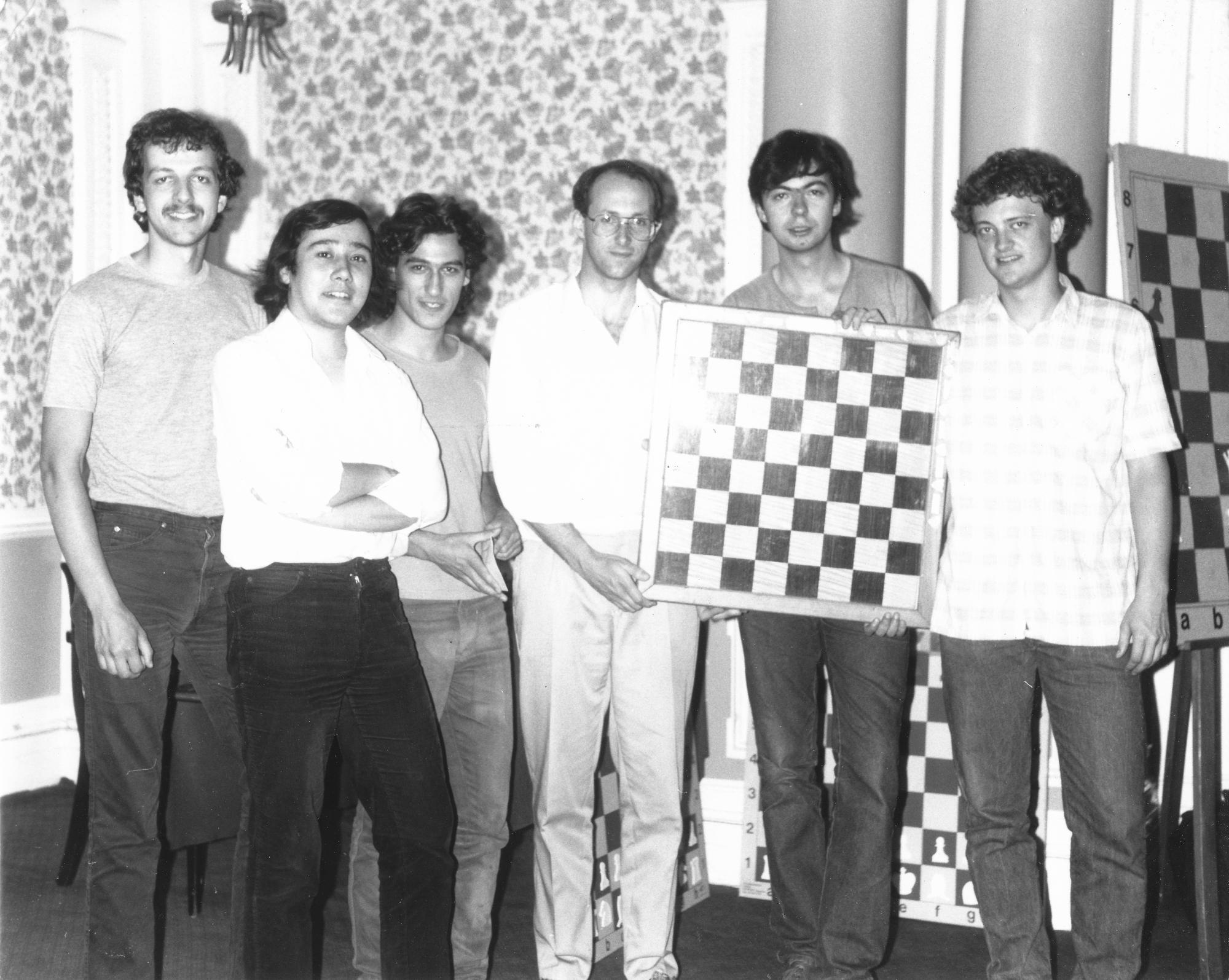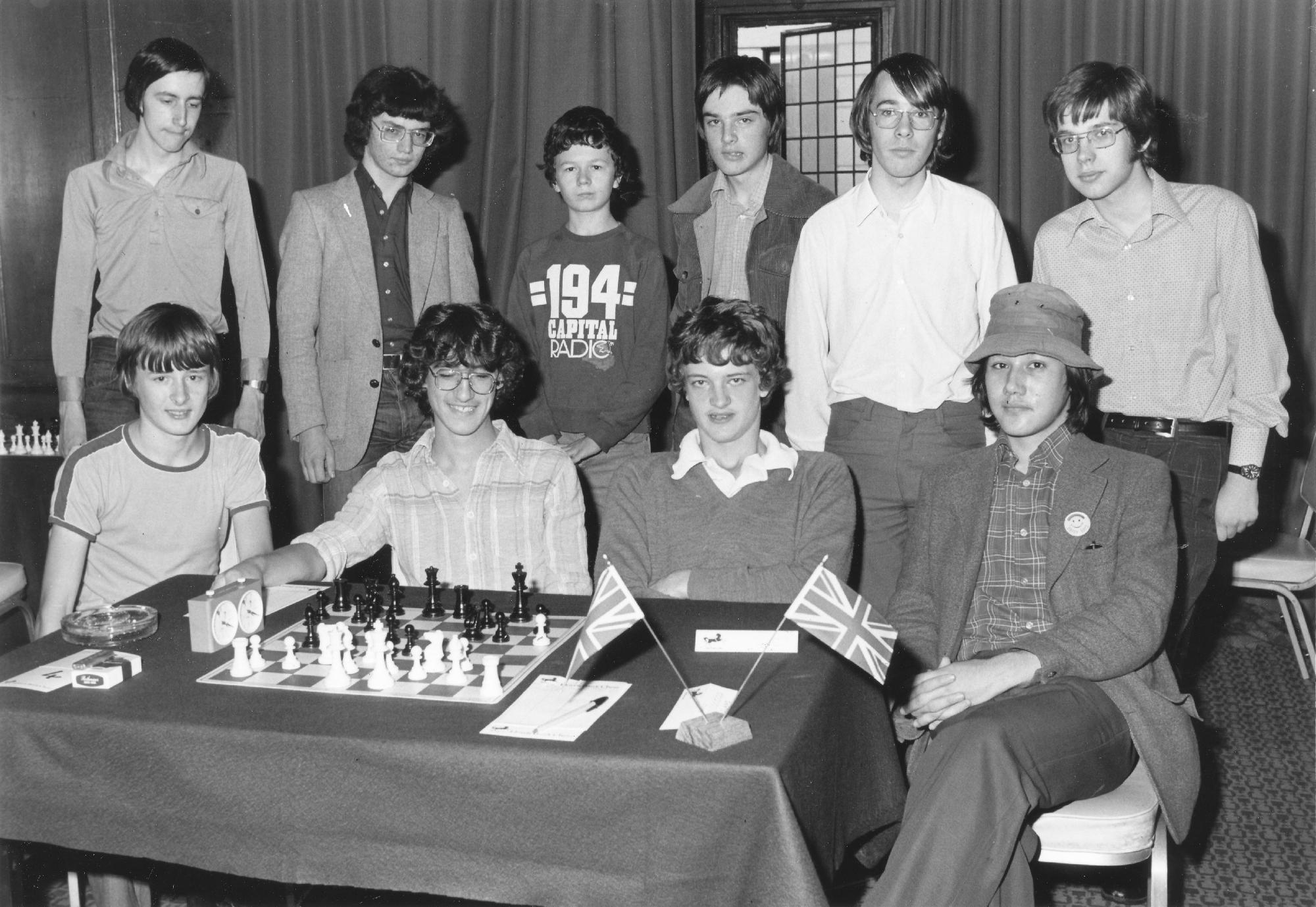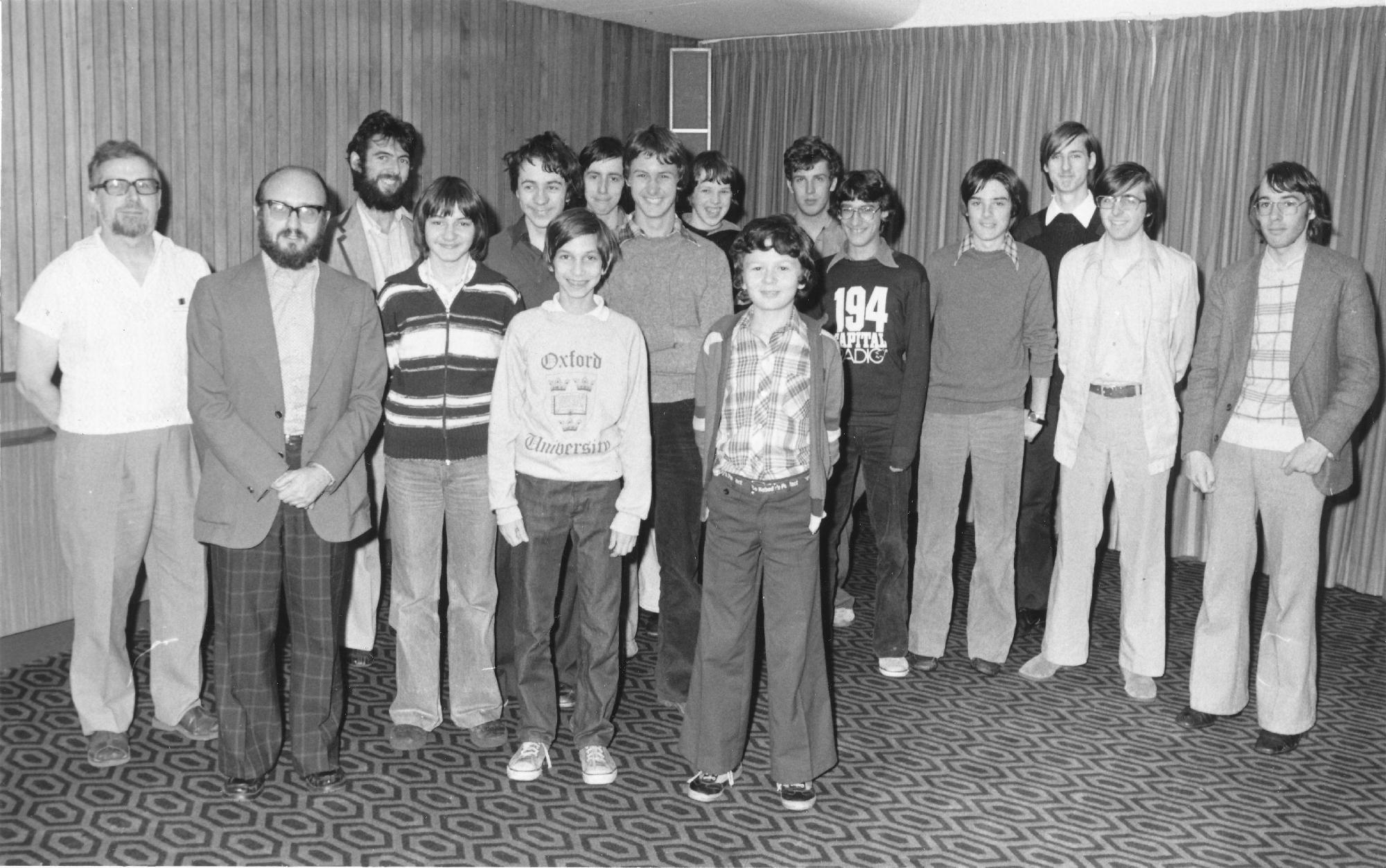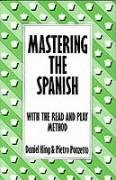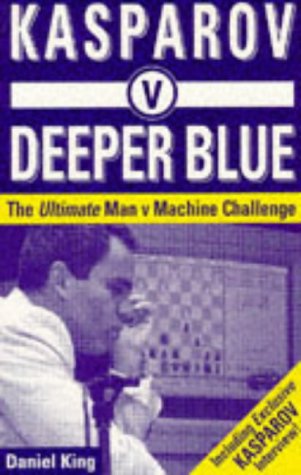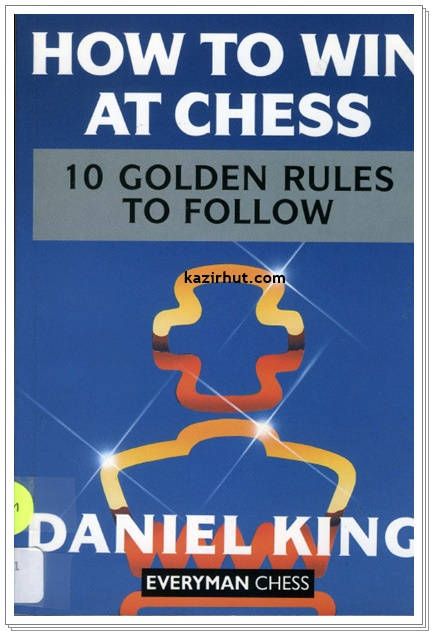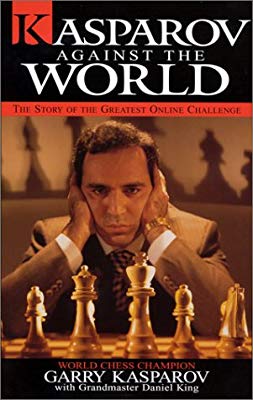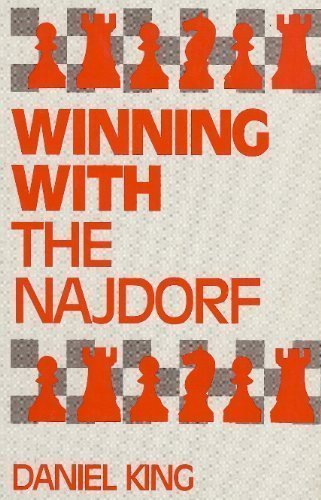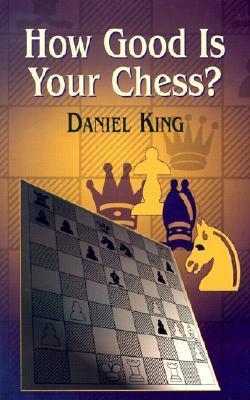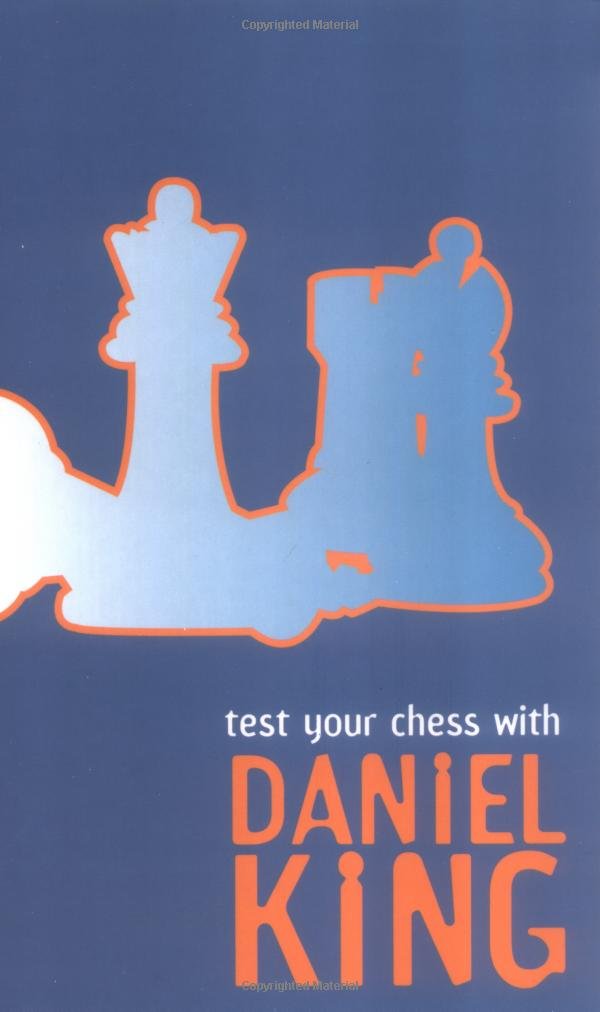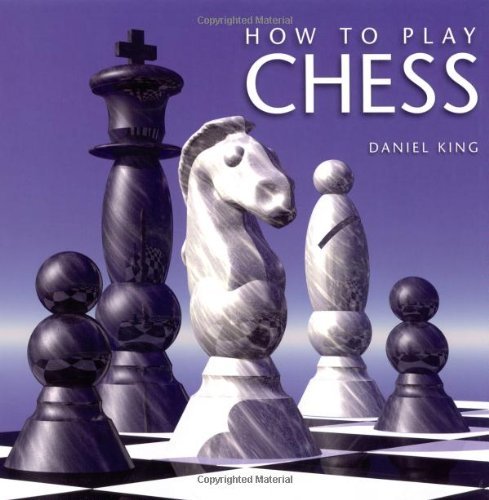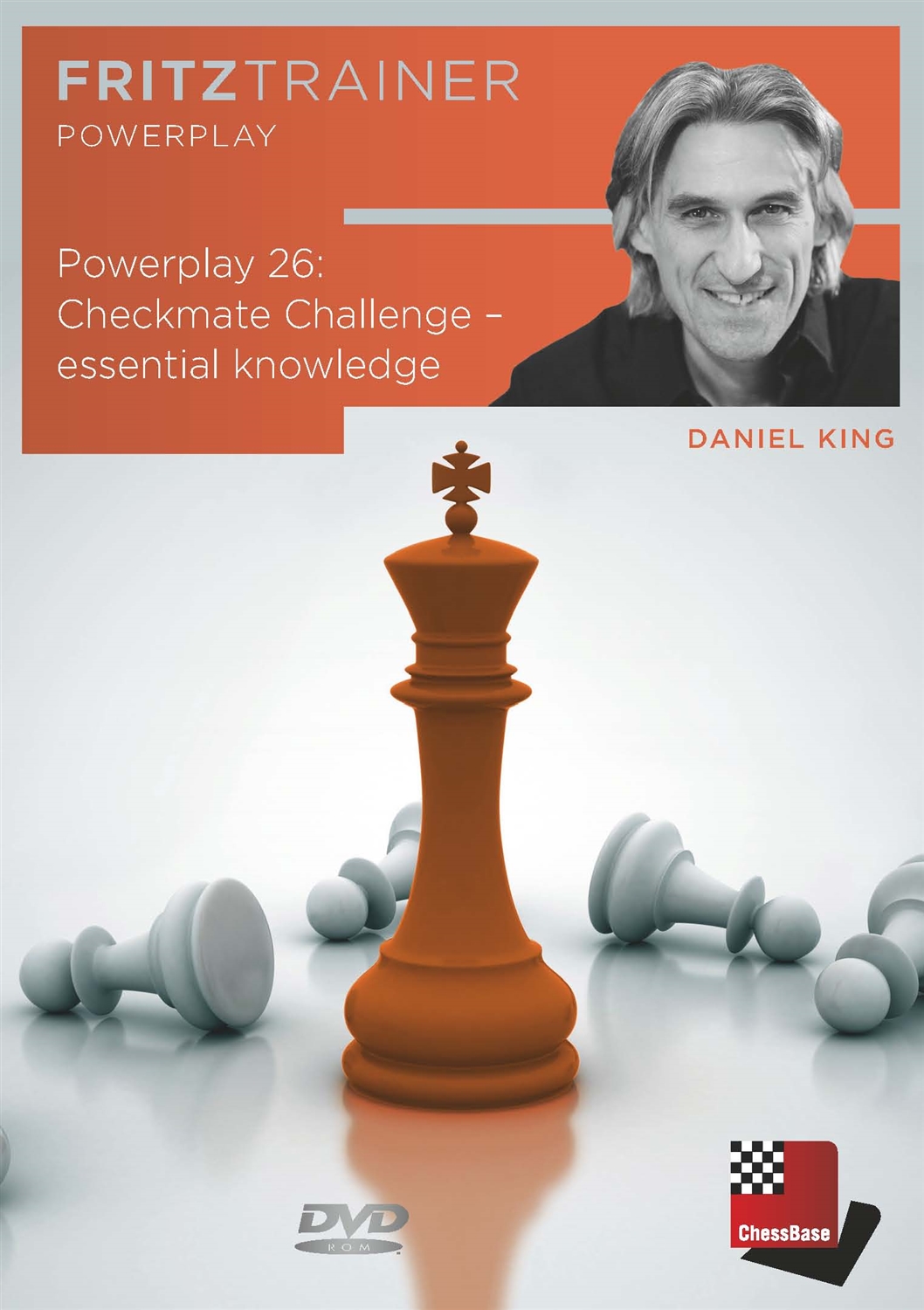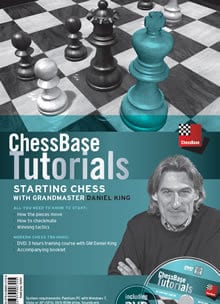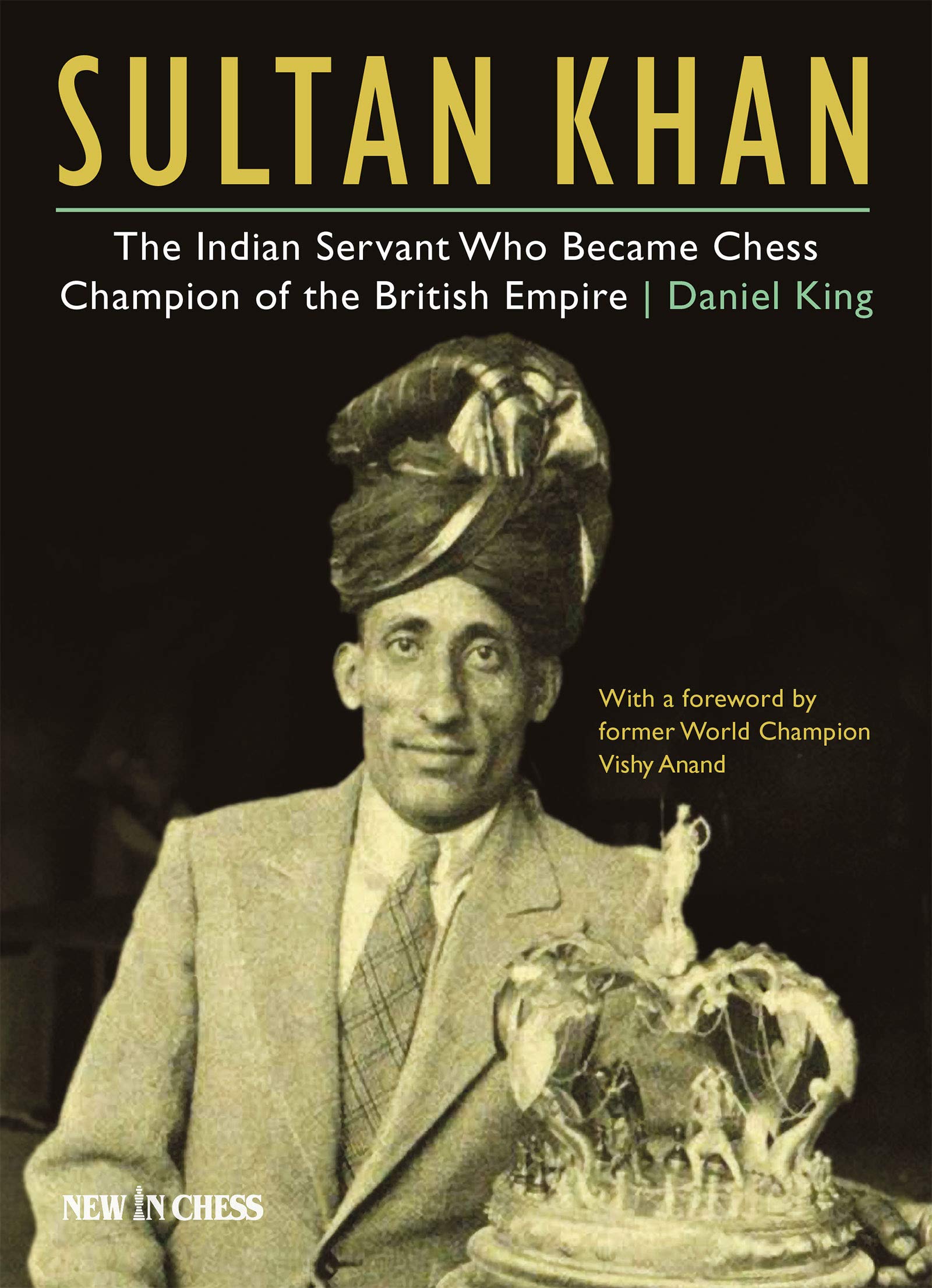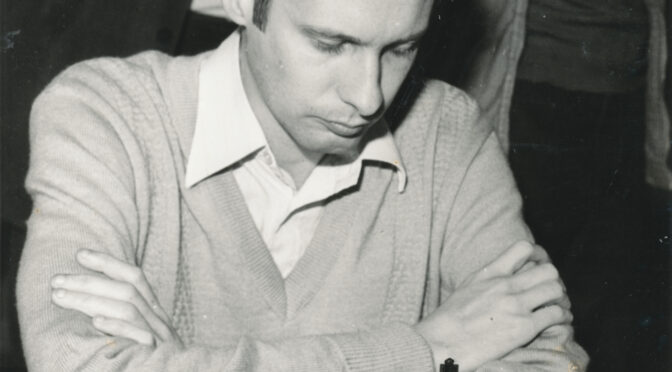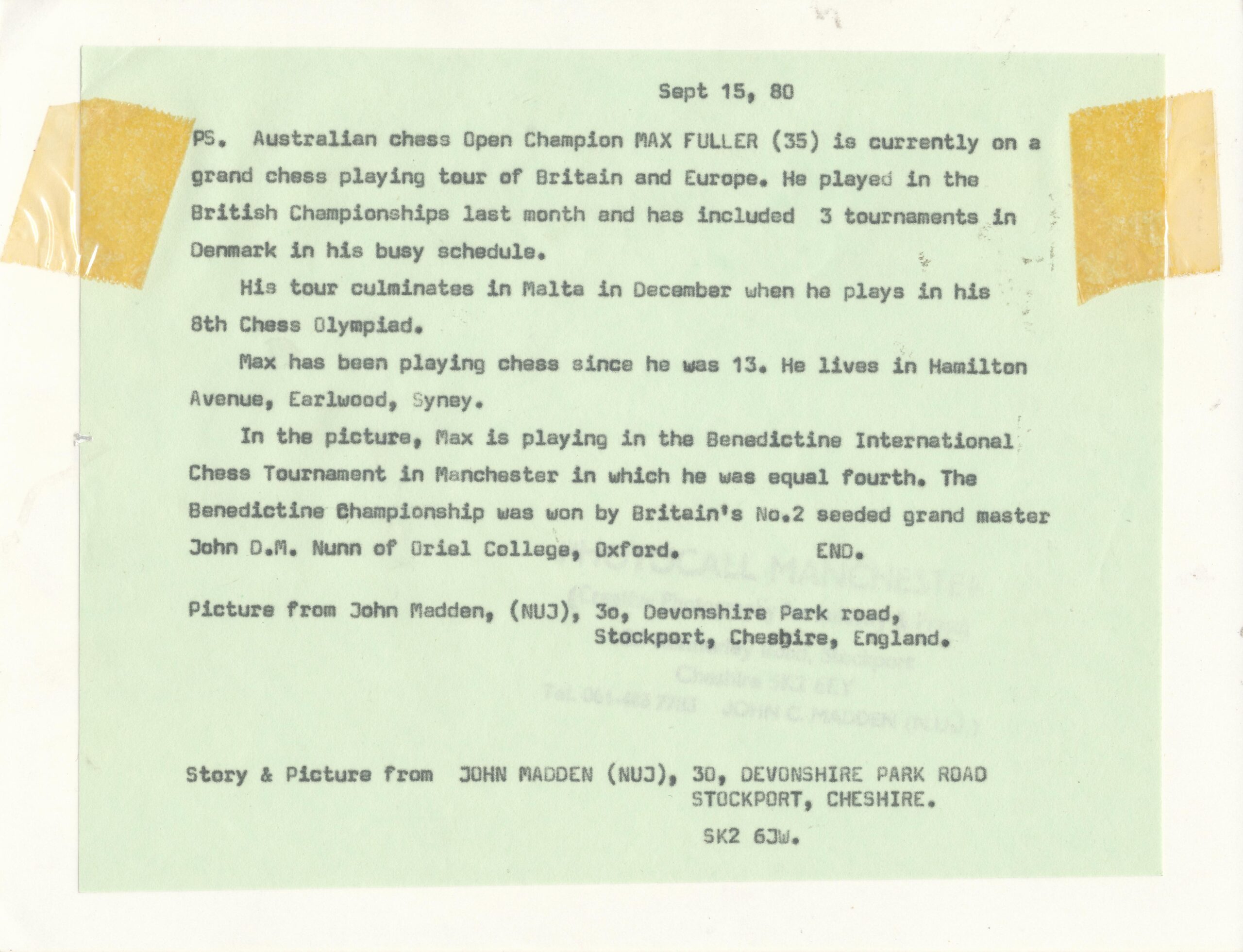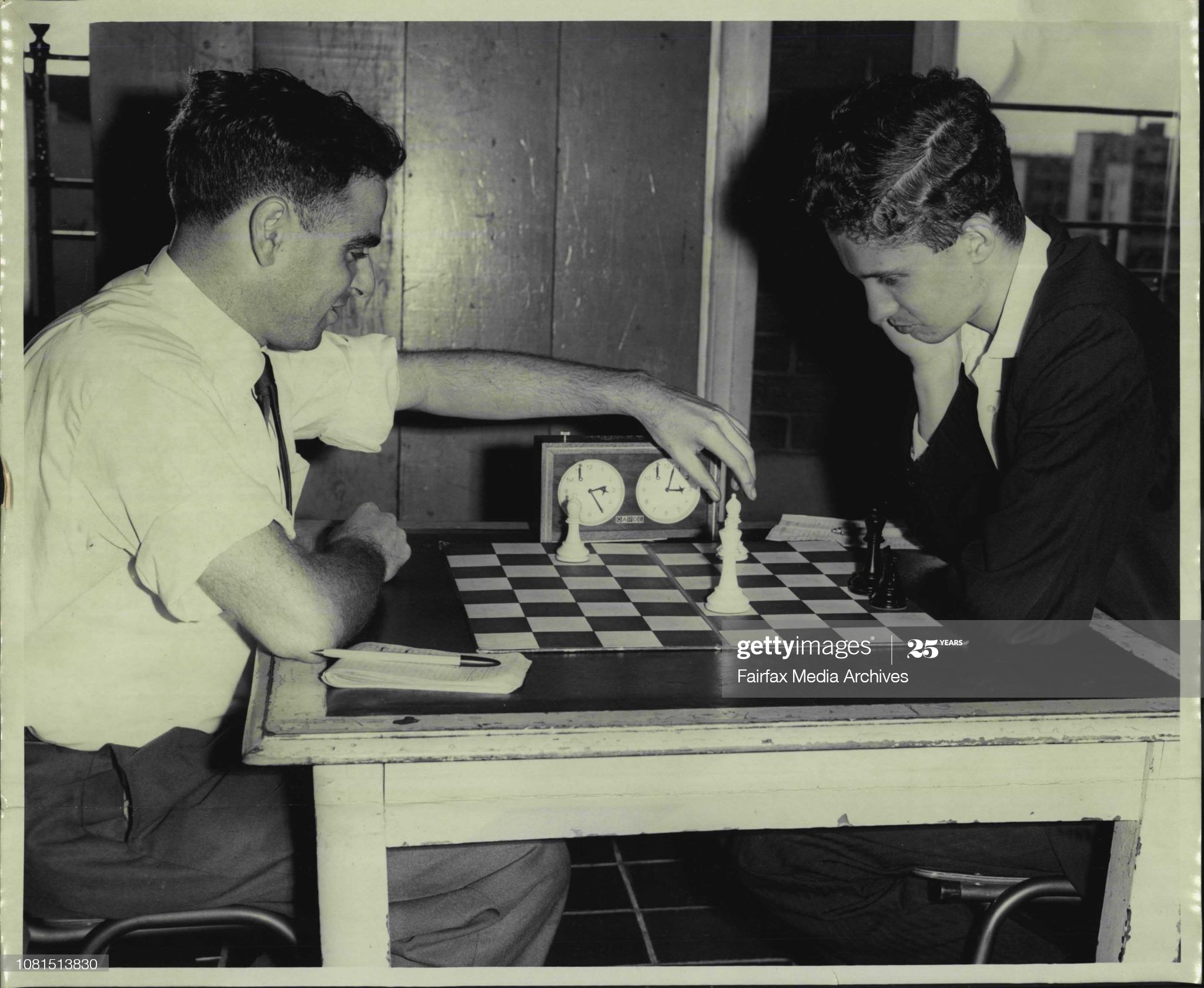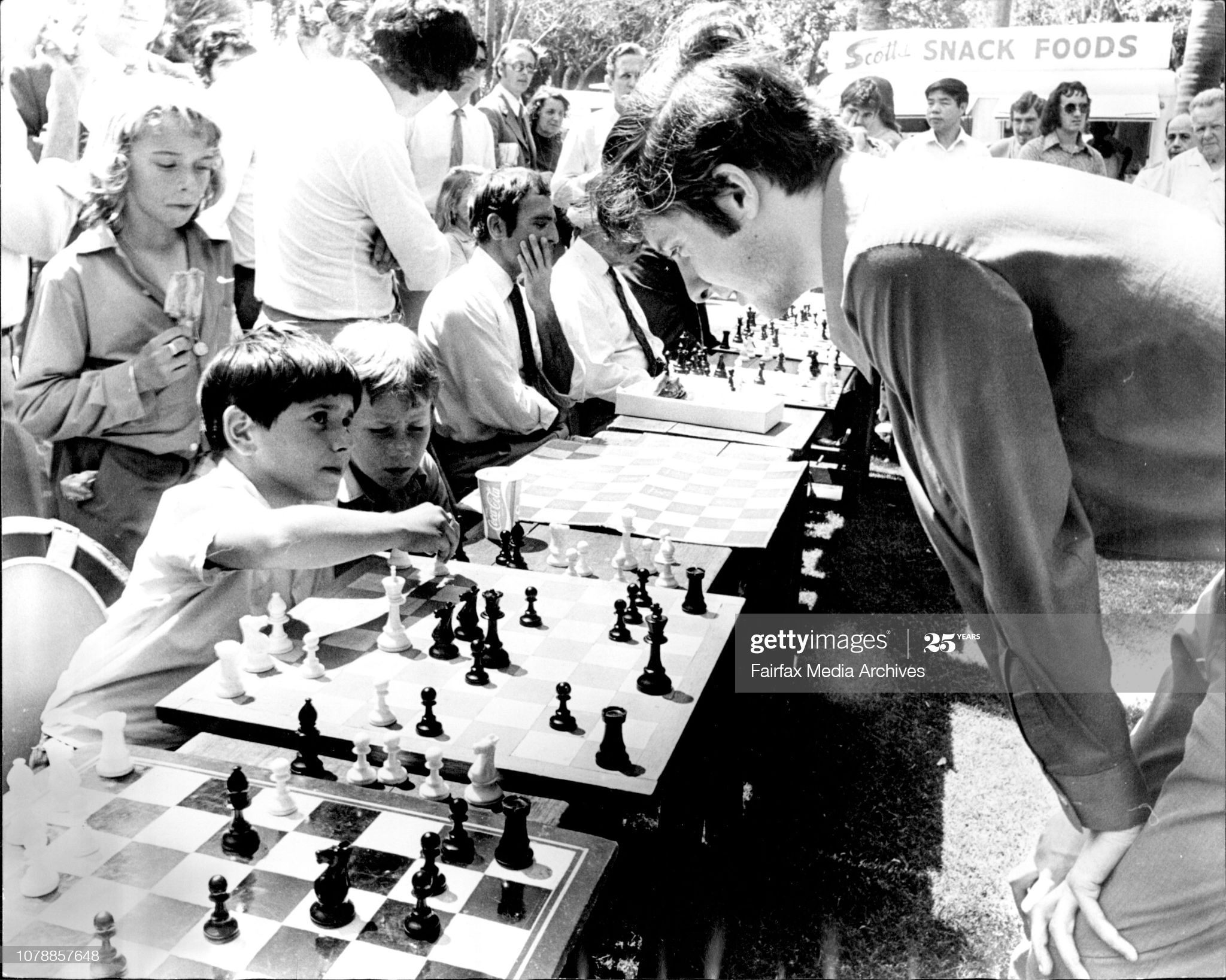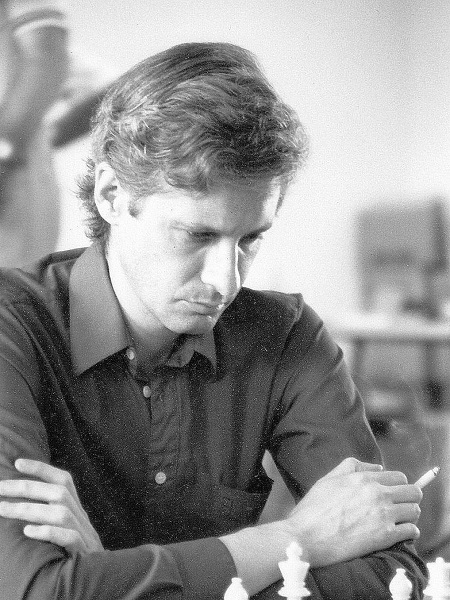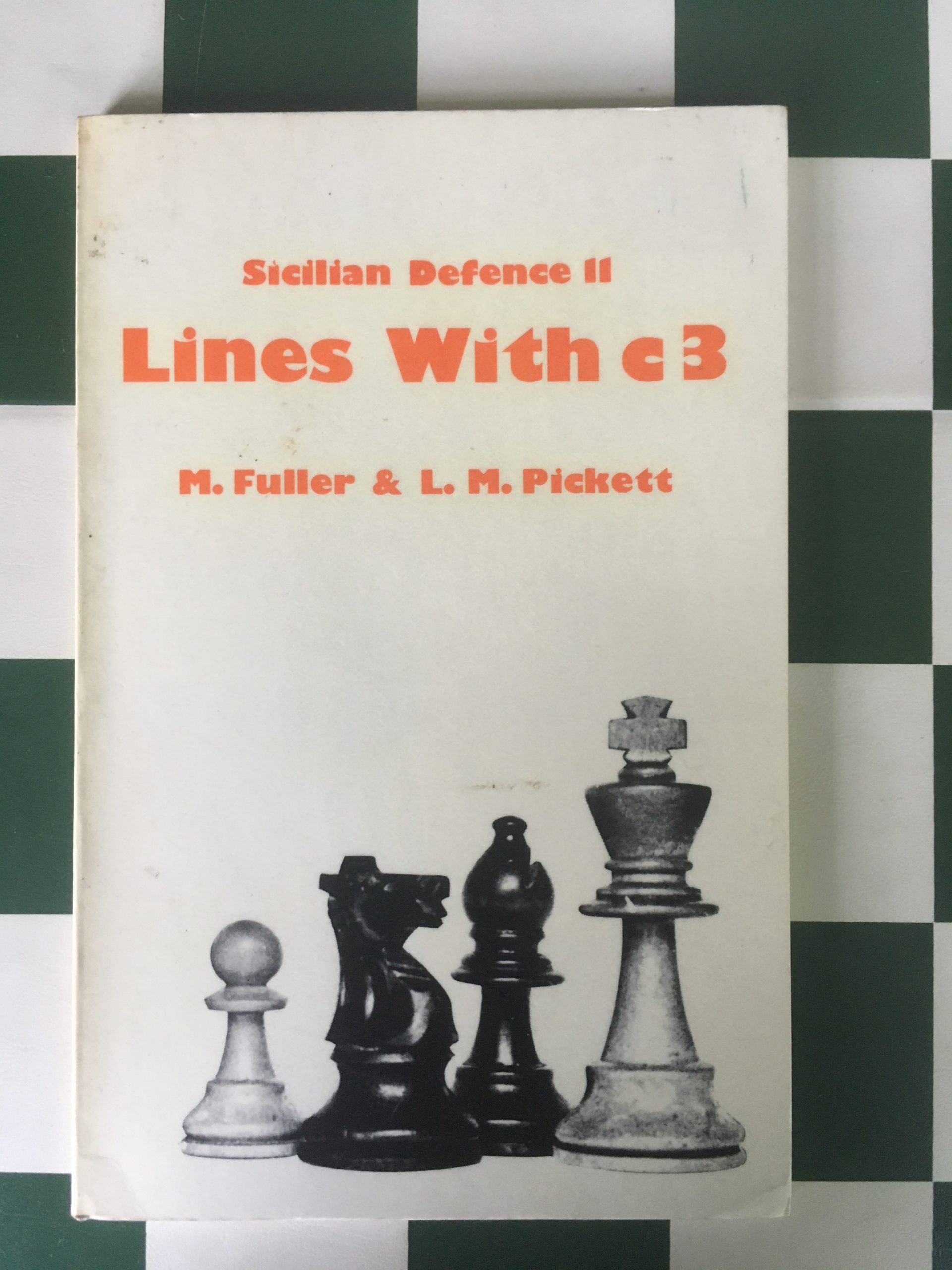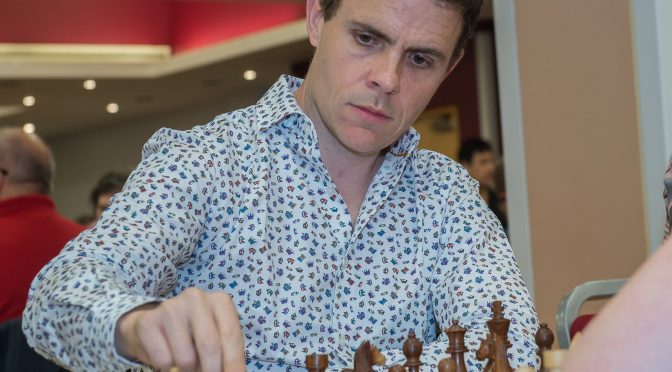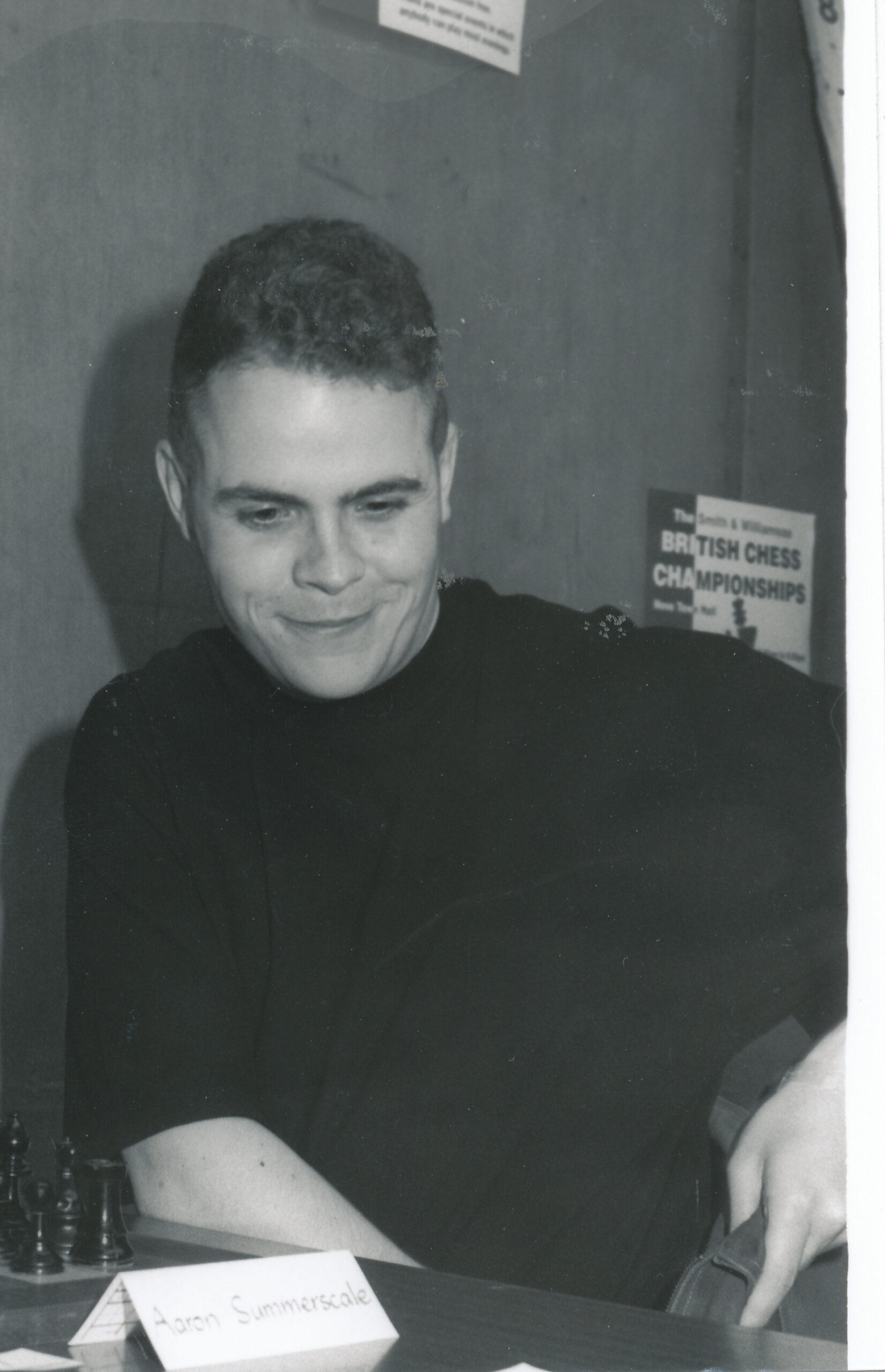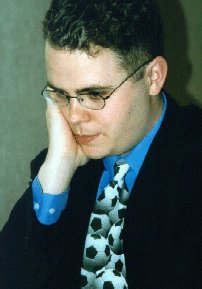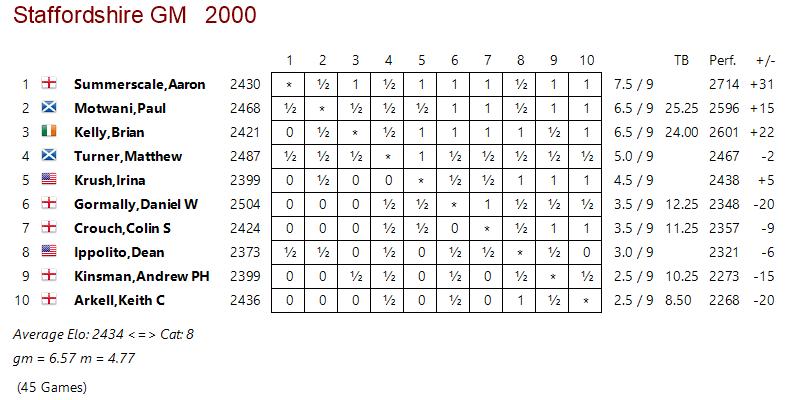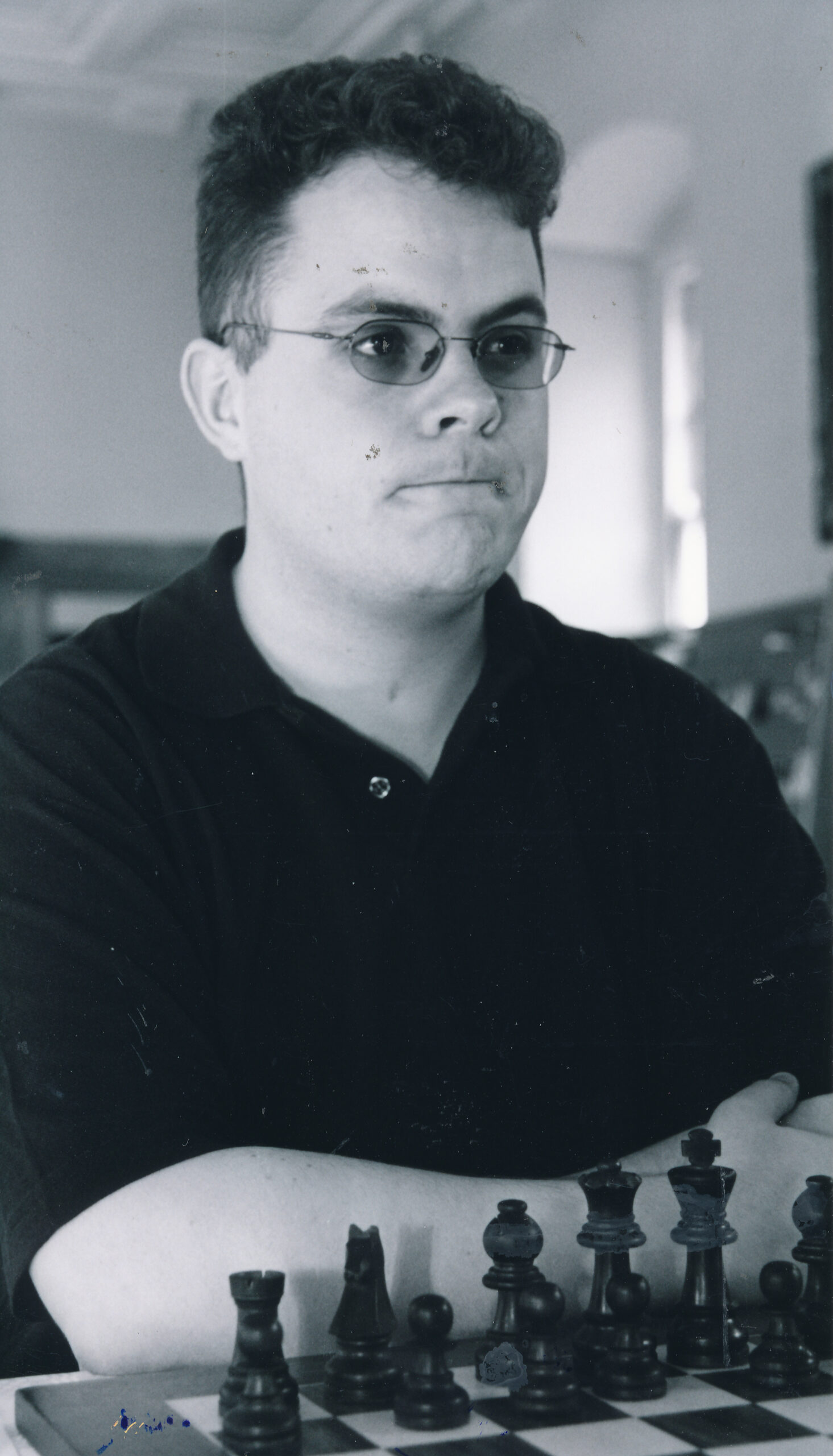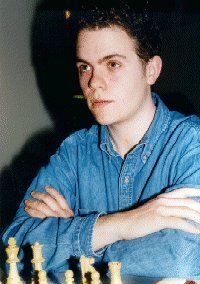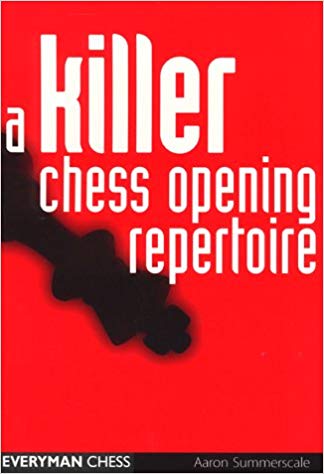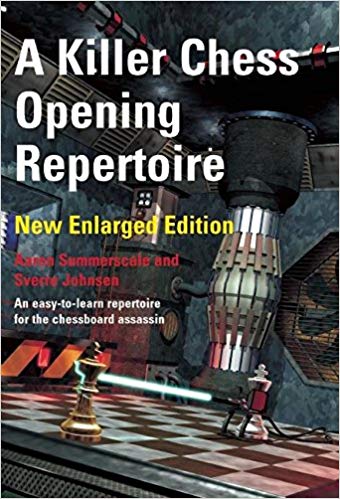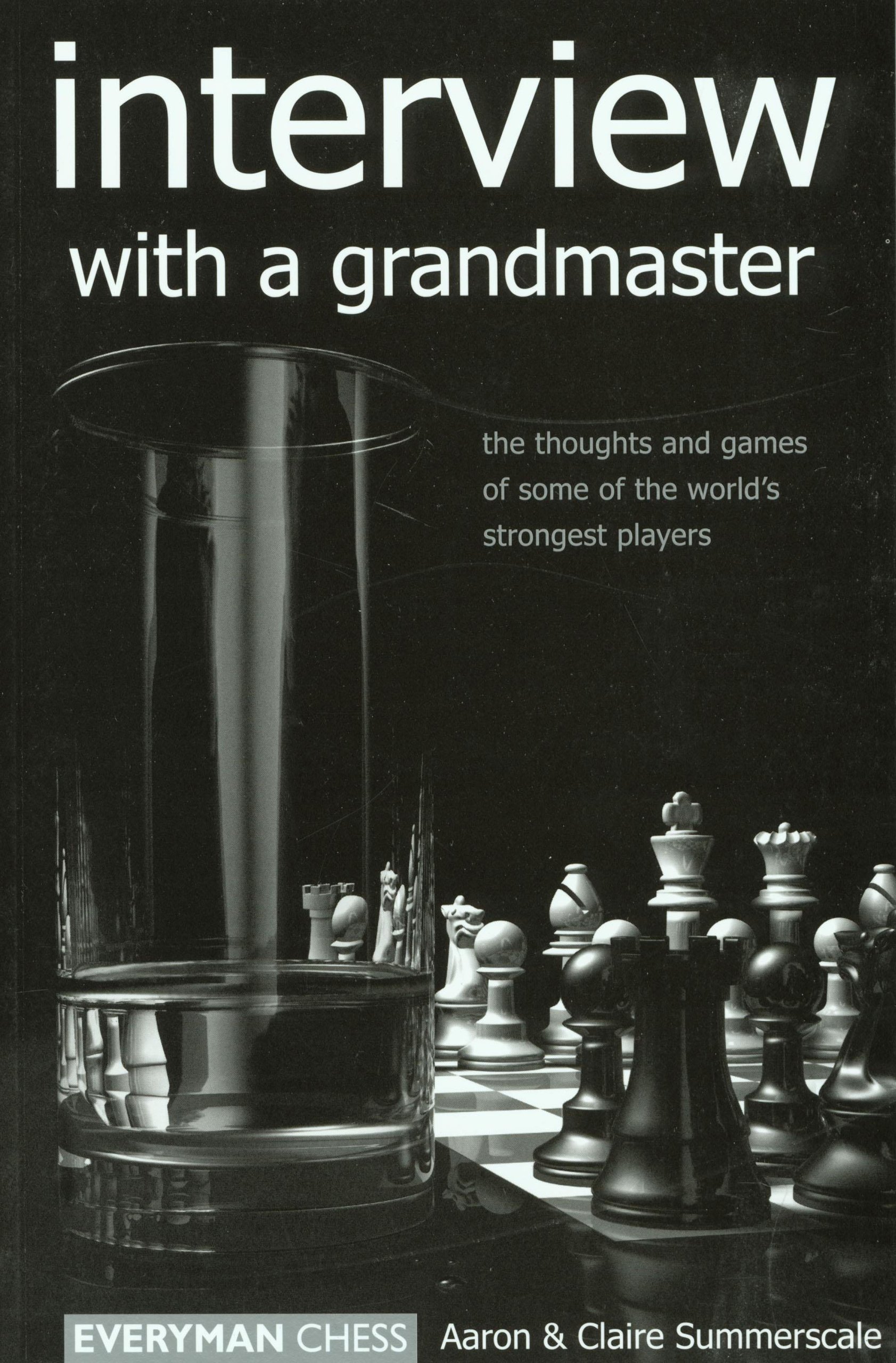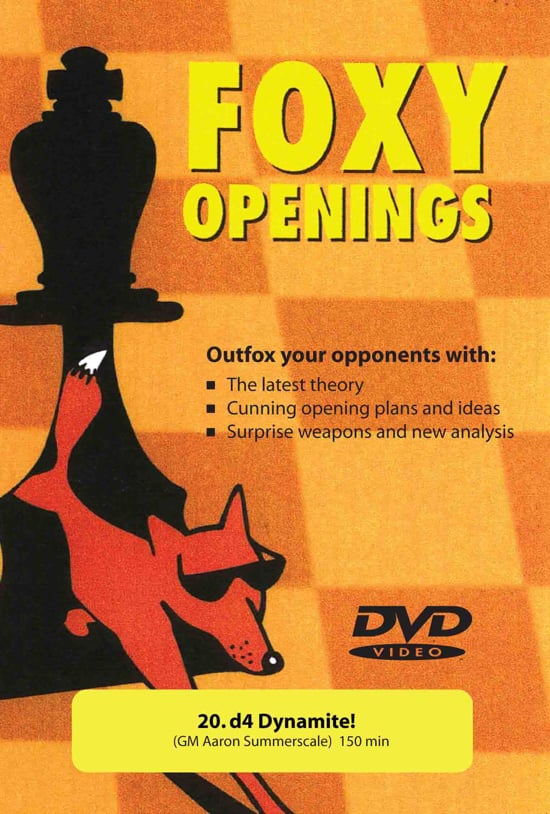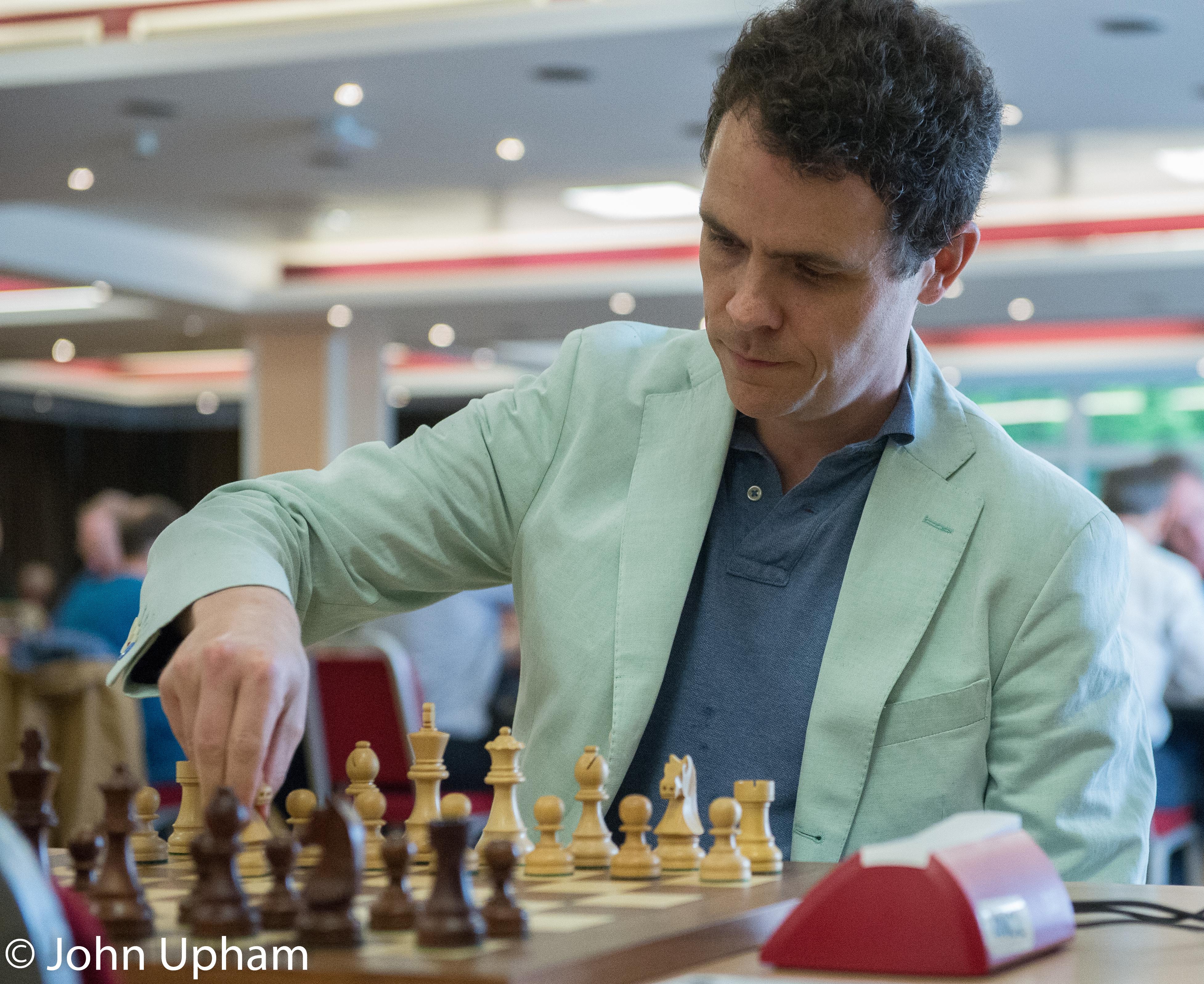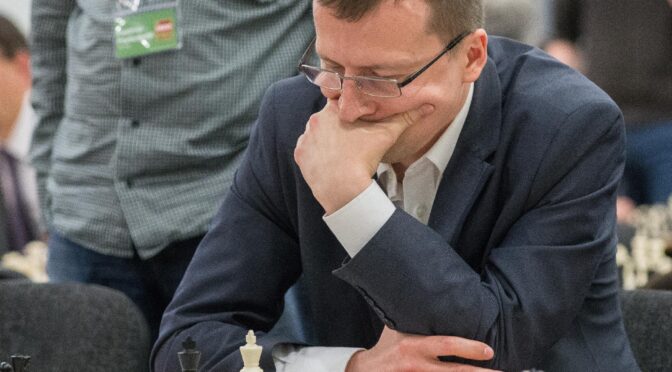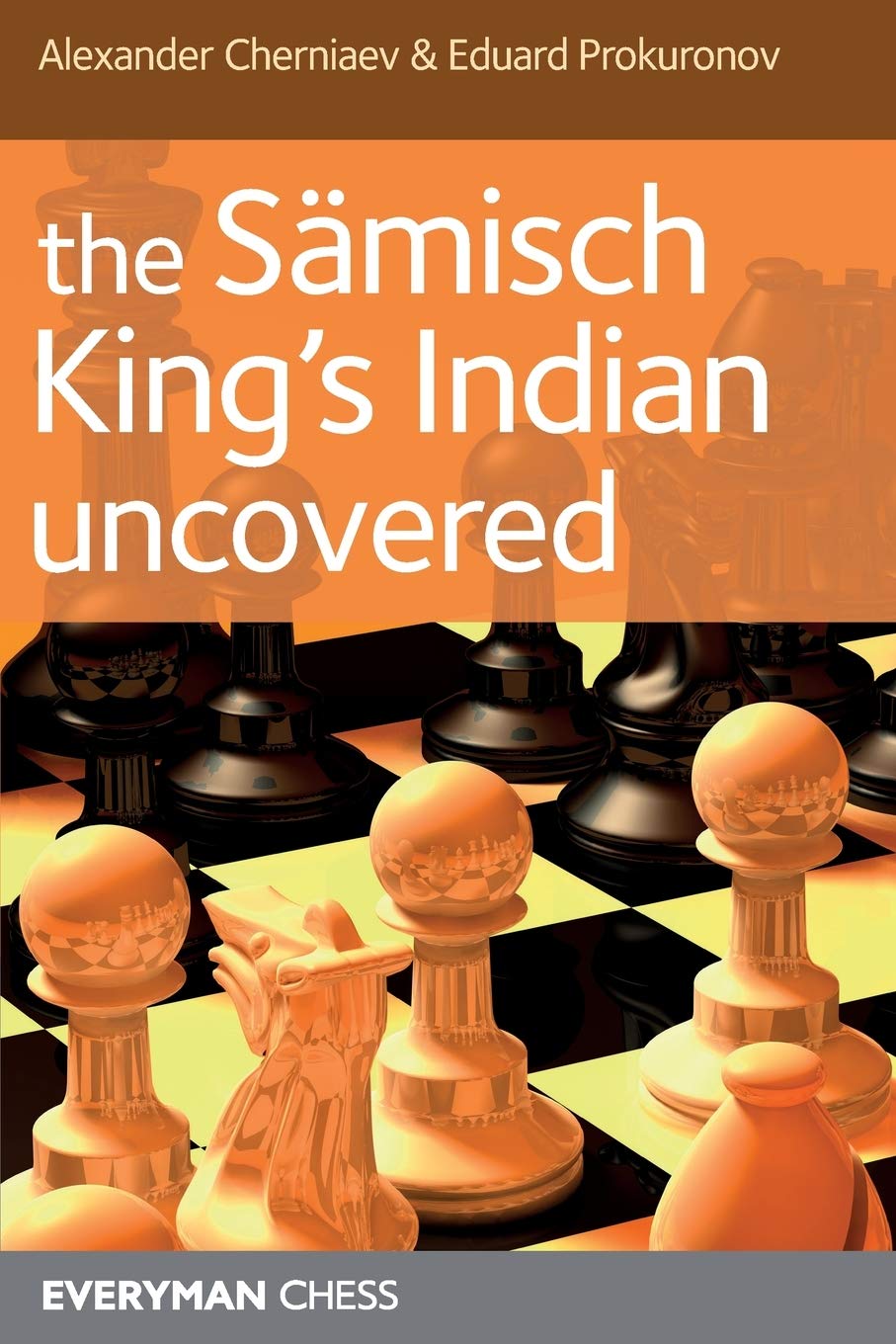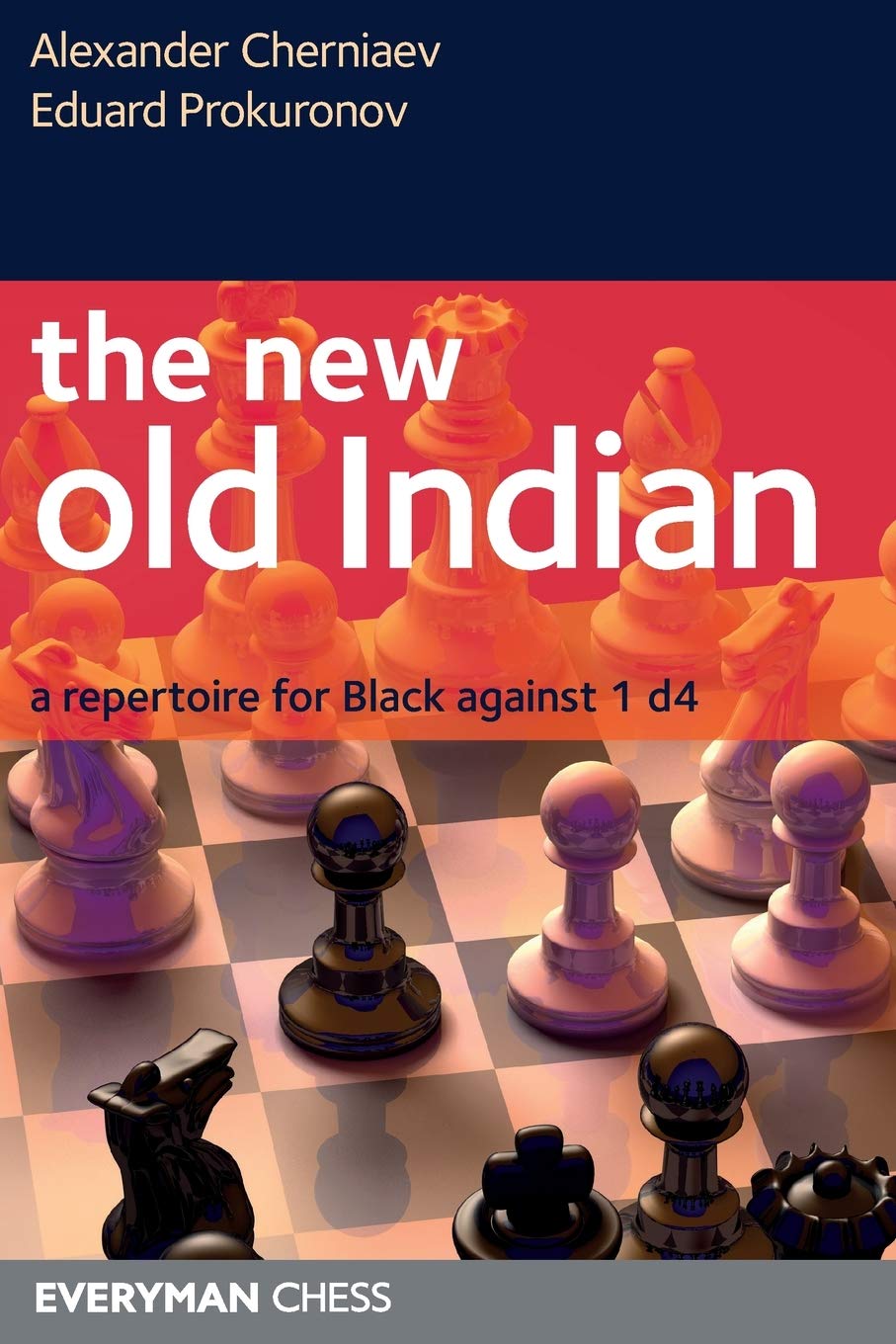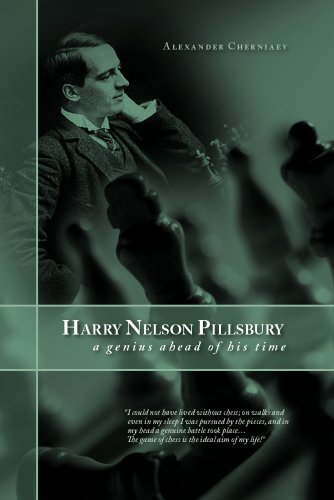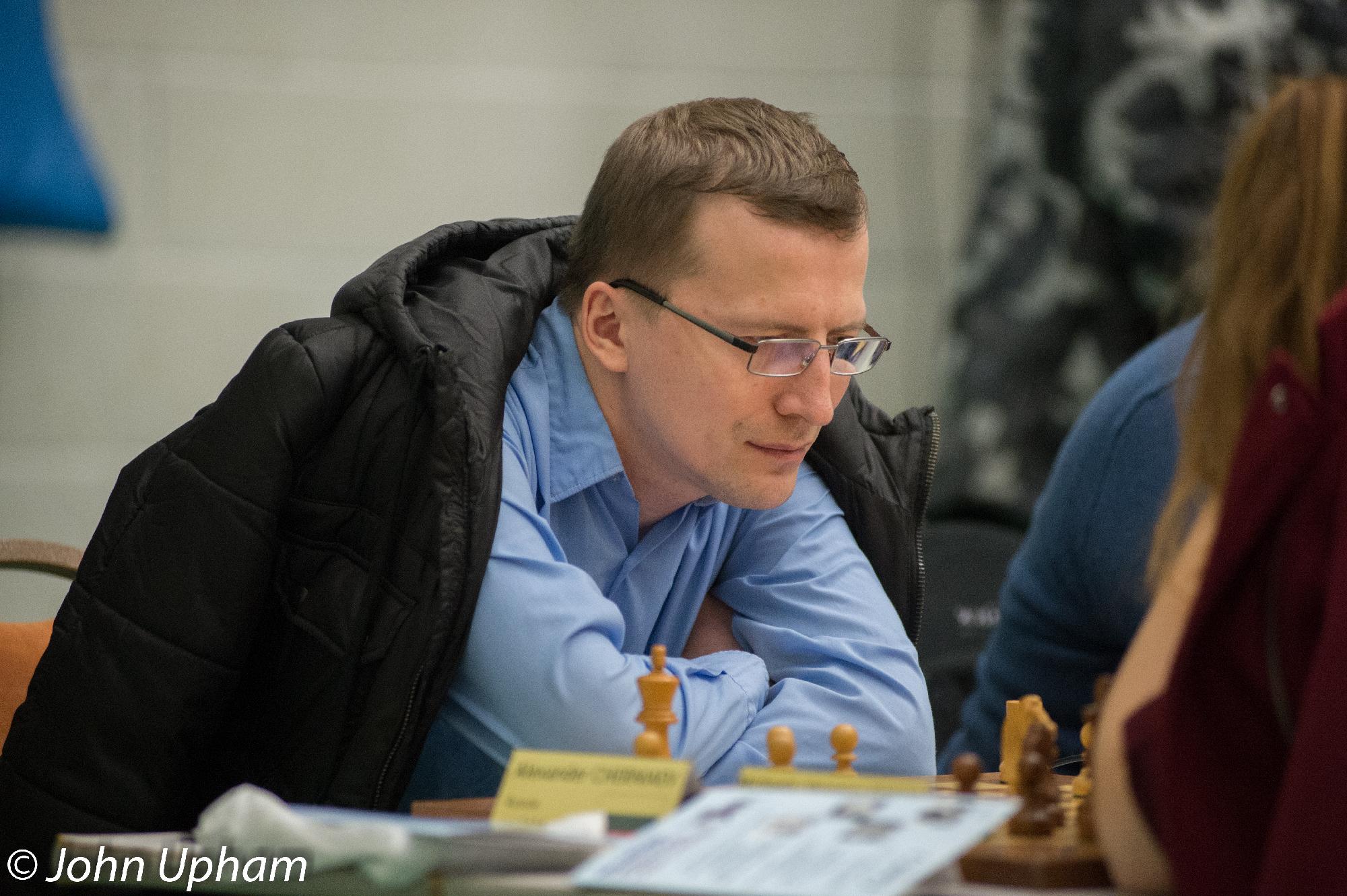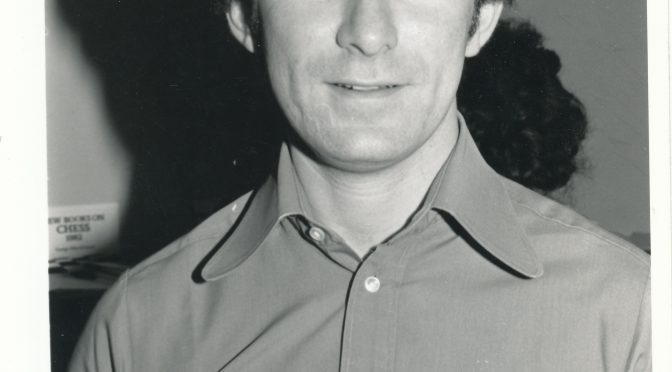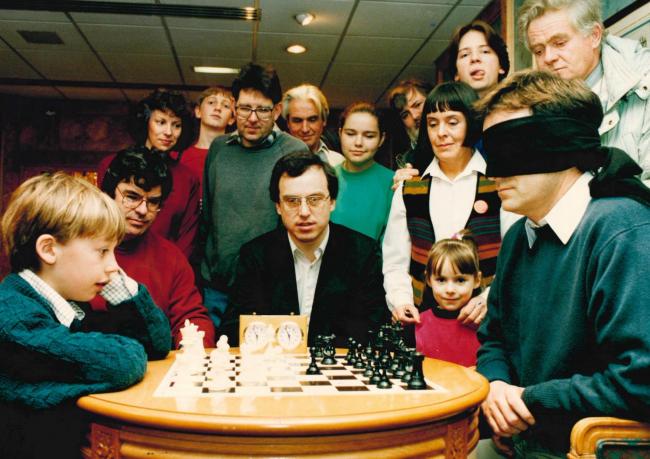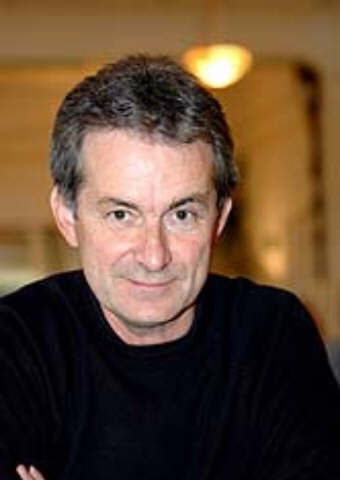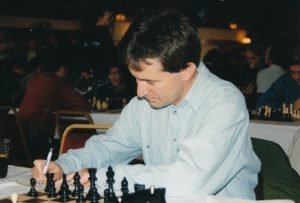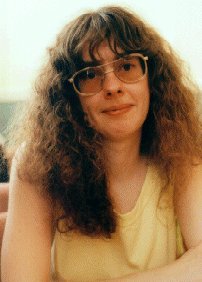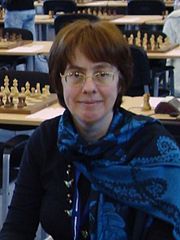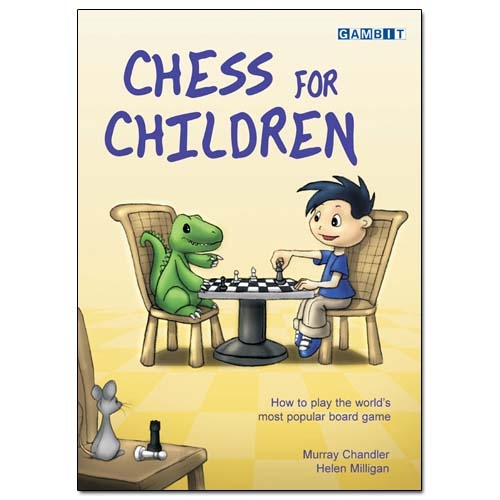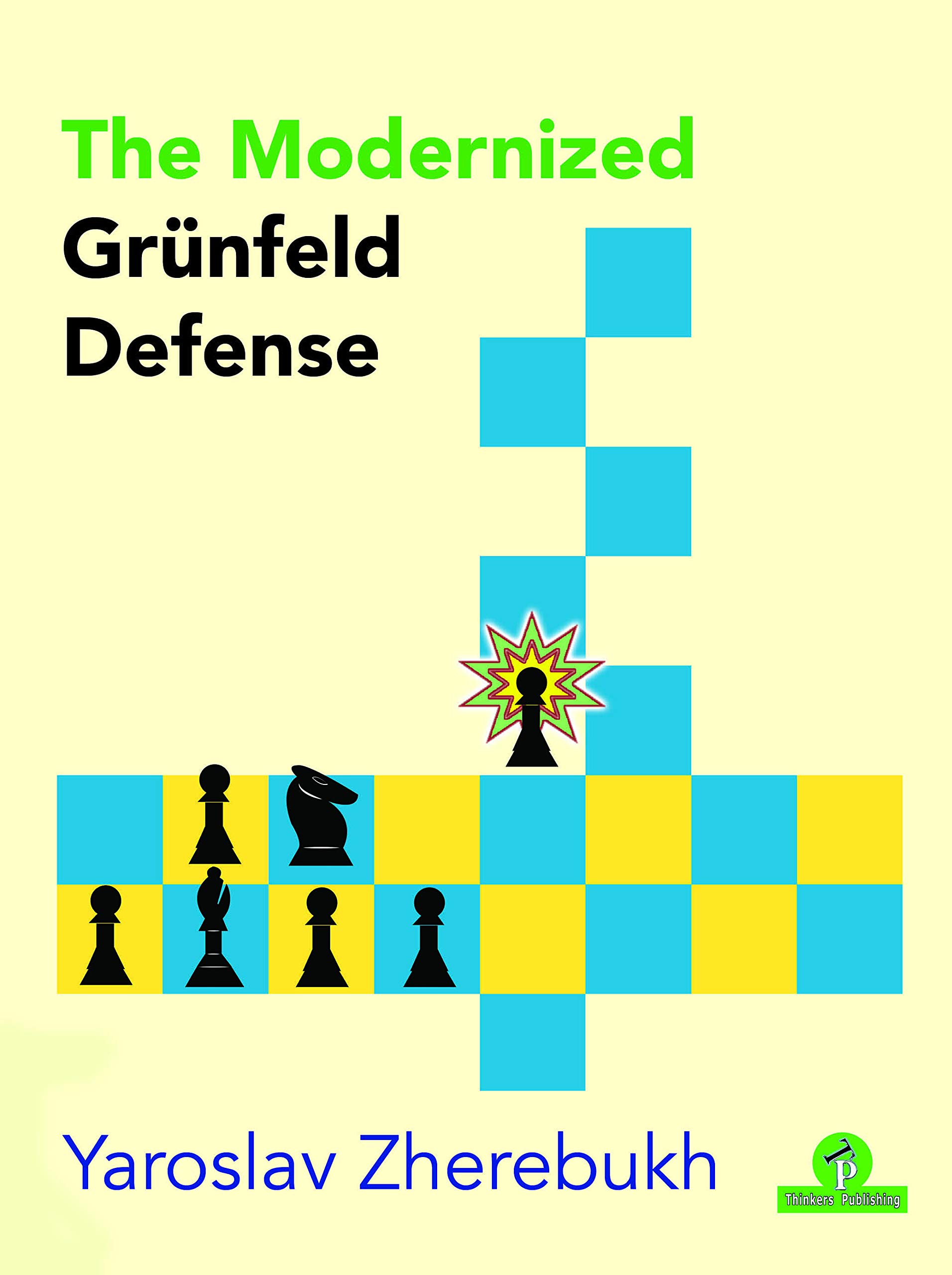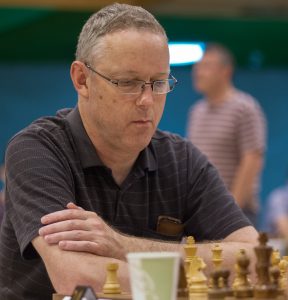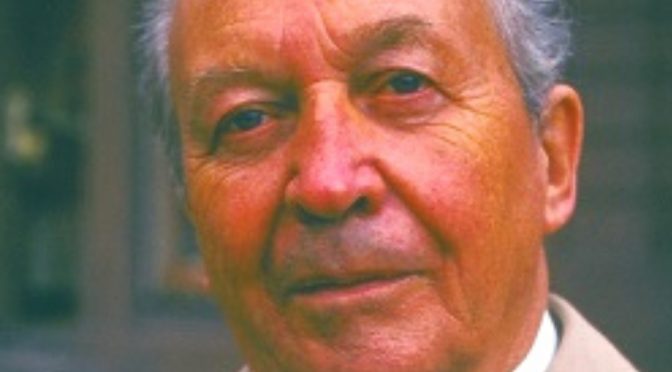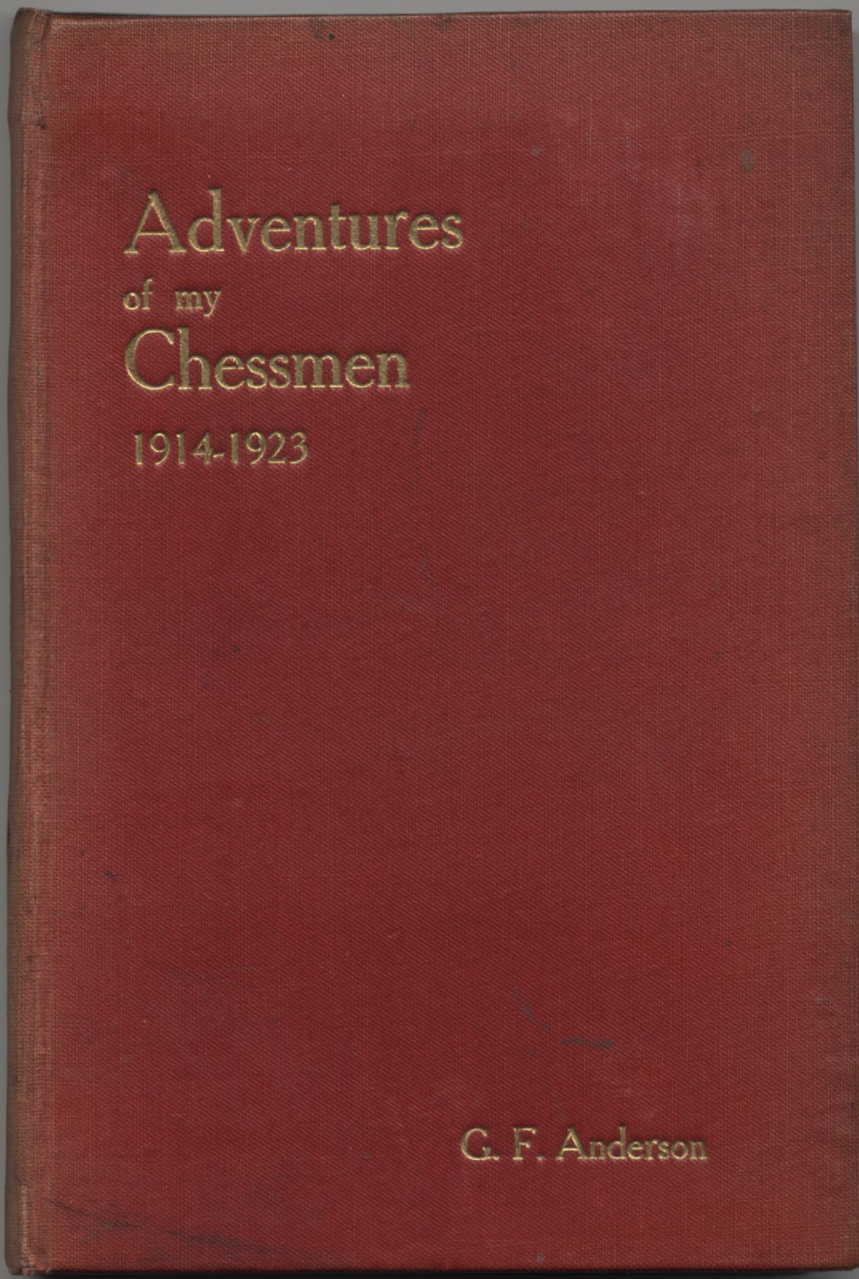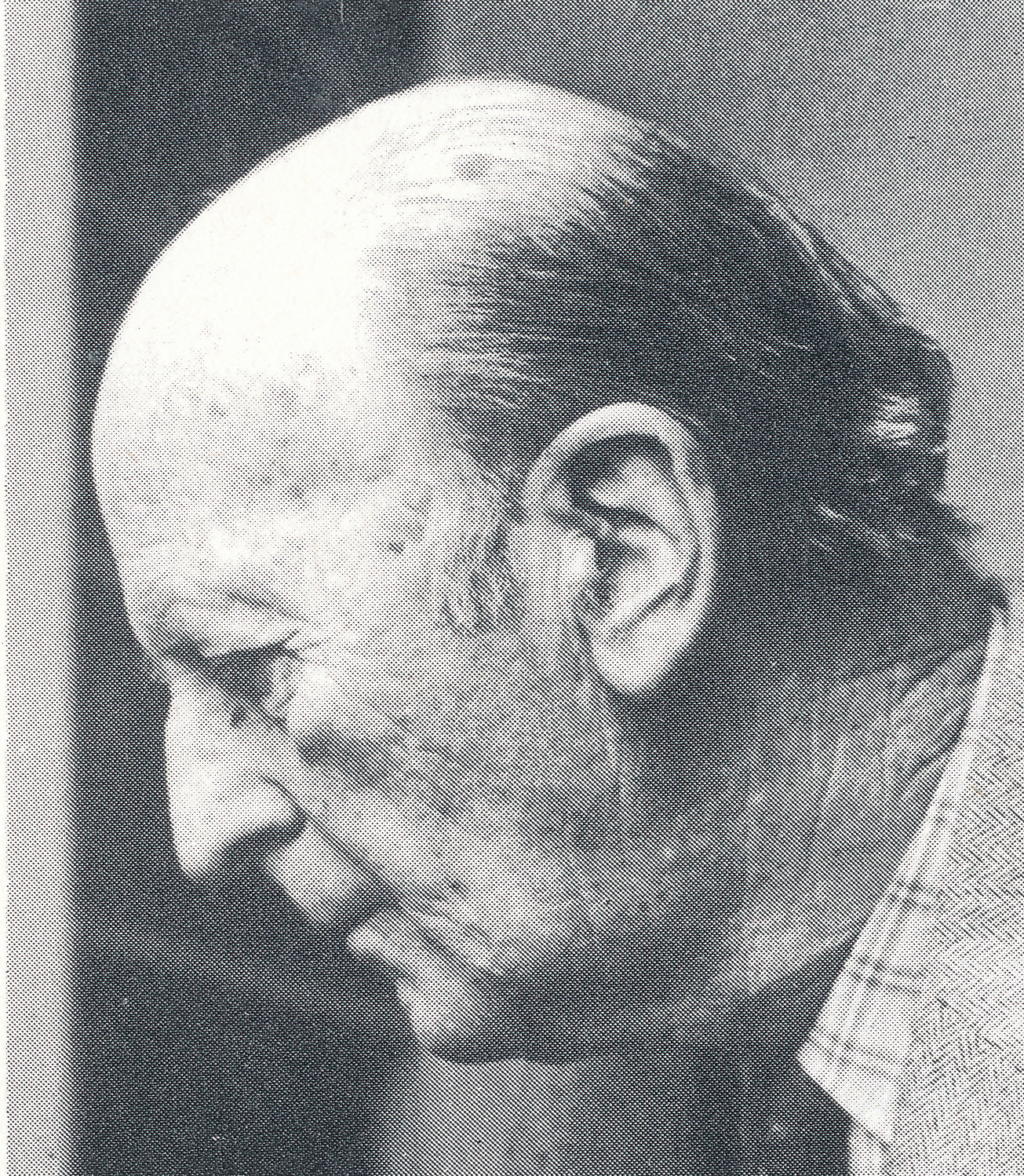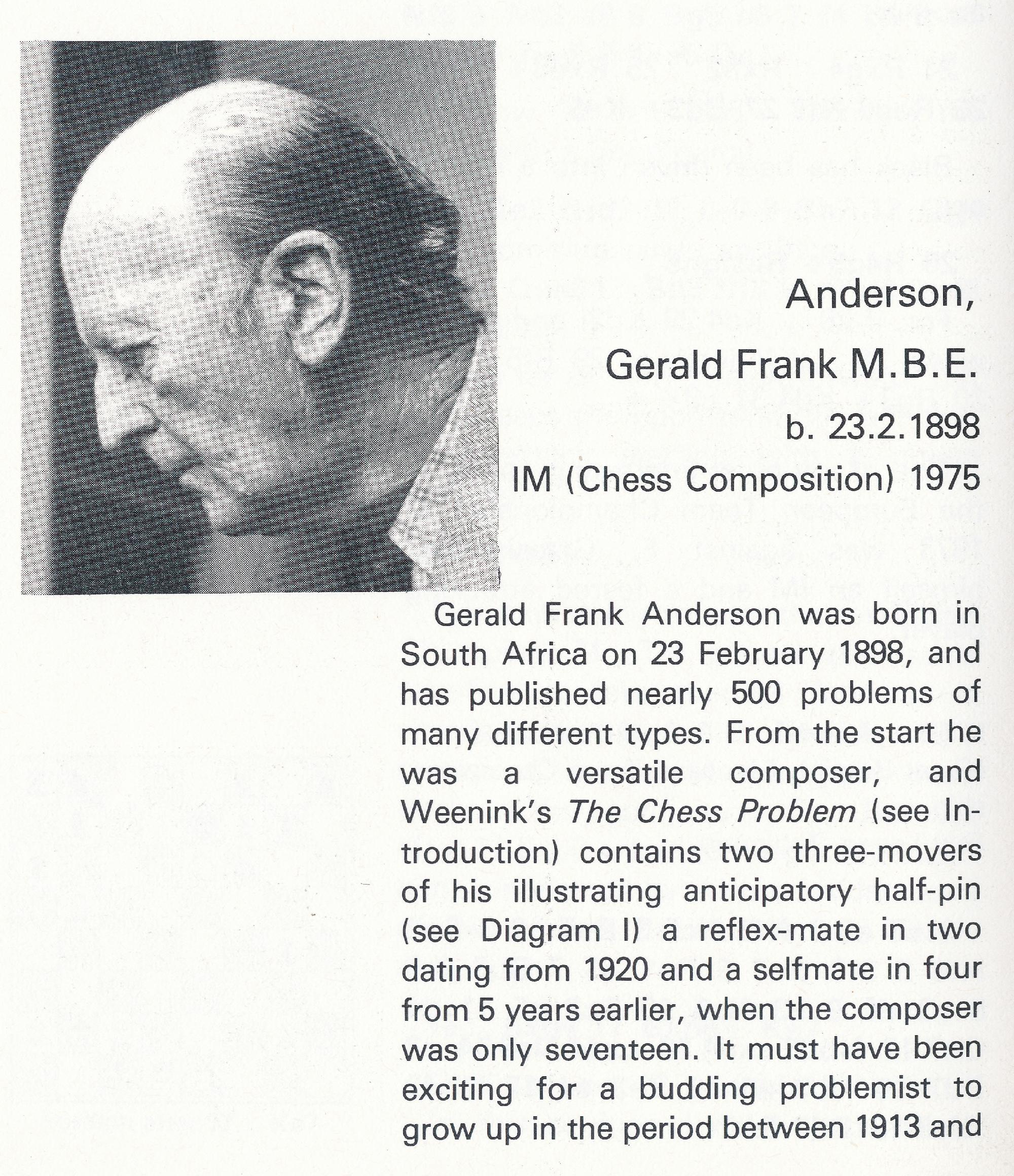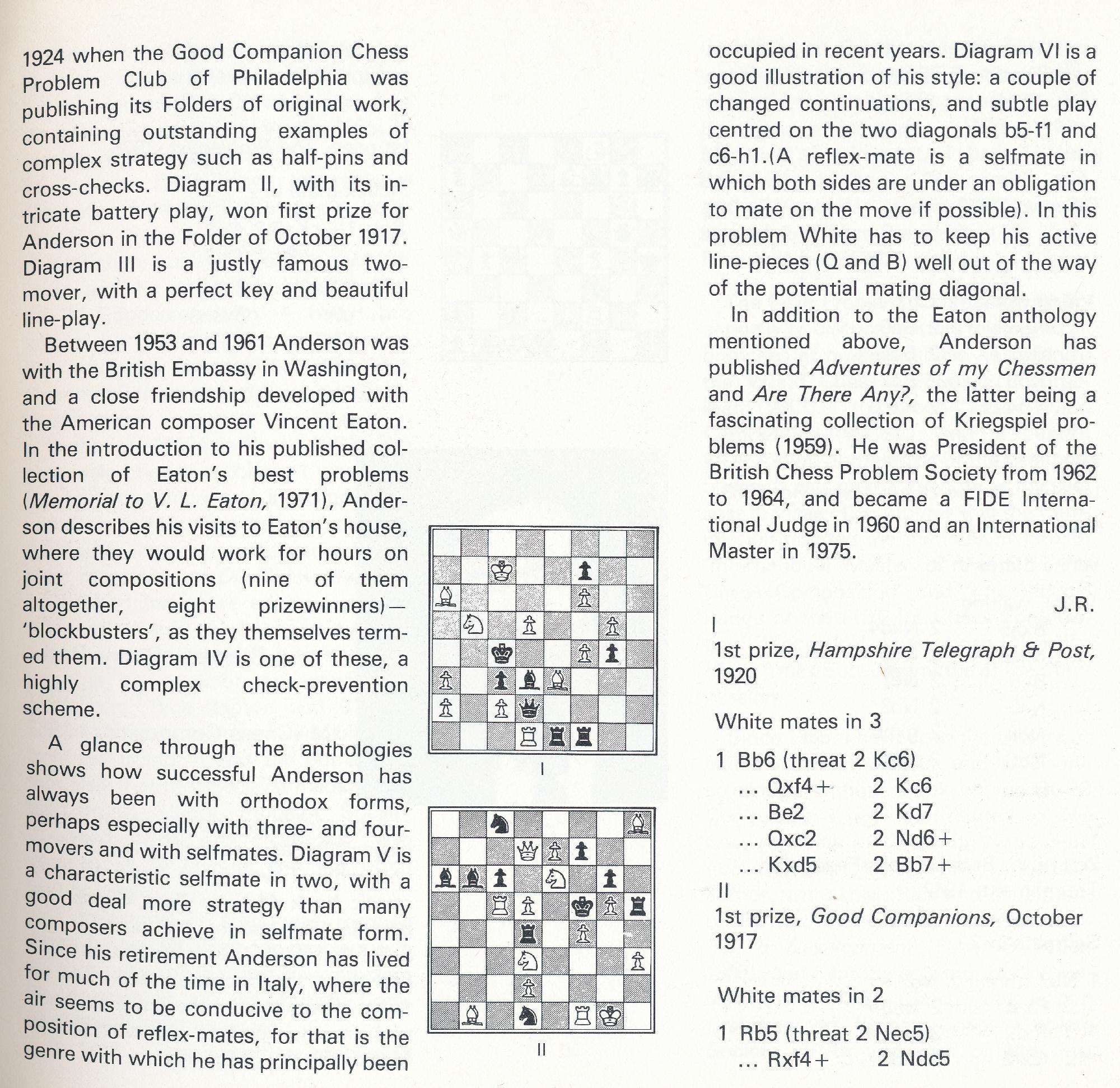An Idiot-Proof Chess Opening Repertoire : Graham Burgess
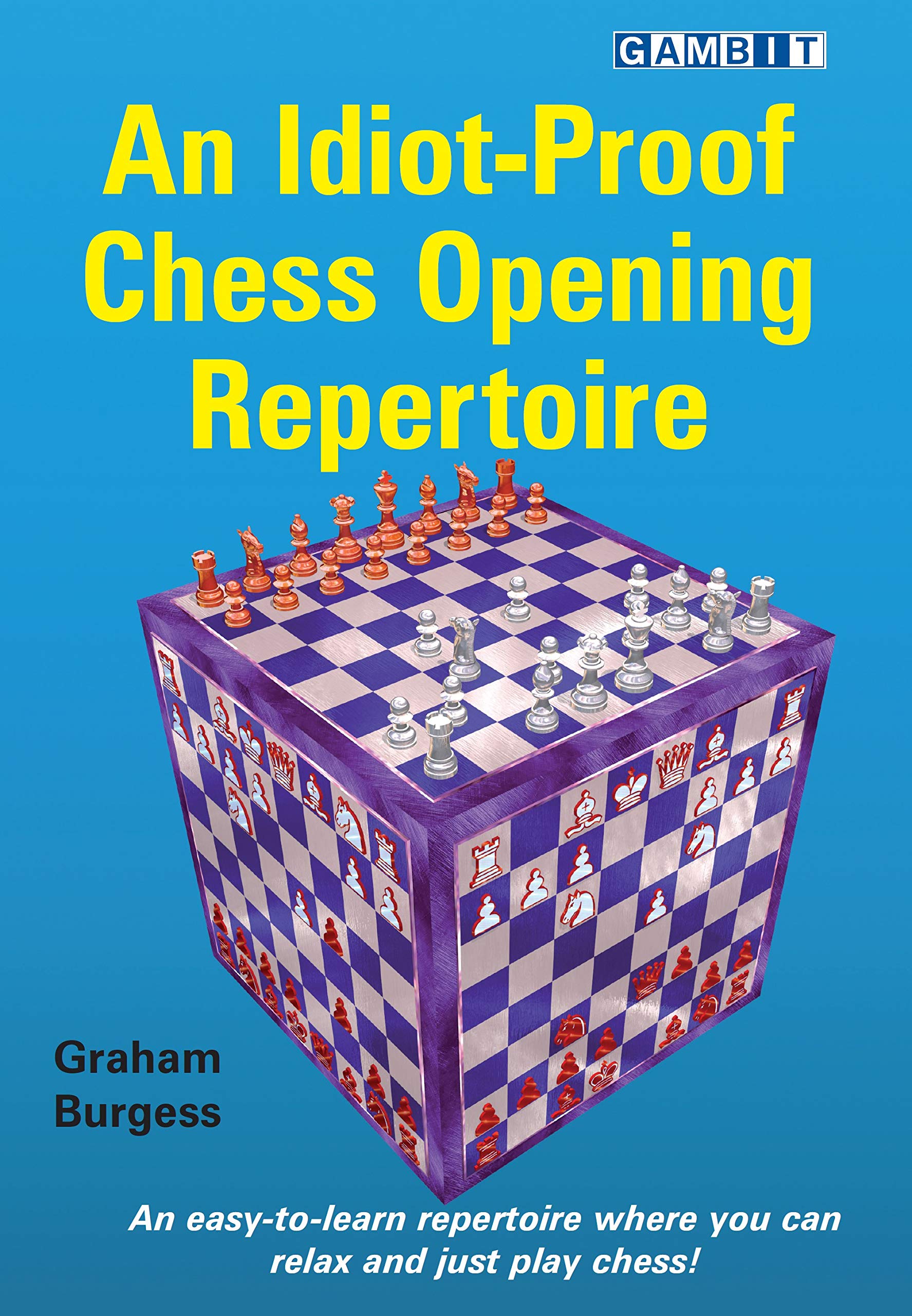
FIDE Master Graham Burgess needs no introduction to readers of English language chess books ! Minnesota, USA based, Graham has authored more than twenty five books and edited at least 250 and is editorial director of Gambit Publications Ltd. In 1994 Graham set a world record for marathon blitz playing and has been champion of the Danish region of Funen !
We previously reviewed Chess Opening Traps for Kids also by Graham Burgess and, more recently we reviewed (and enjoyed) A Startling Chess Opening Repertoire (New Edition)

We searched the BCN office and, as the most obvious idiot, it was decided that John should evaluate the repertoire to test the title’s ambitious claim…
Burgess has provided a comprehensive repertoire aimed at the club player for both colours. Here are the chapters :
Repertoire for Black
- Scandinavian
- Queen’s Gambit Accepted
- Slav
- Queen’s Pawn
- Flank Openings (as Black)
Repertoire for White
- Closed English
- Other Reversed Sicilians
- Symmetrical English (as White)
- English : Other 1st Moves
So, Burgess recommends the Scandinavian (Centre Counter) Defence against 1.e4 and specifically the relatively modern Pytel-Wade Variation as championed by GM Sergei Tiviakov and others :
Of course this is a very reasonable alternative to the (arguably) more mainstream 3…Qa5 and is well supported in the literature and with DVD and online resources. In other words, if you adopt this line and want to delve deeper then the resources are out there.
As the second player versus 1.d4 Burgess offers an interesting hybrid of the Queen’s Gambit Accepted and the Slav Defence :
popularised by David Navara, Igor Khenkin, Christian Bauer and Matthew Sadler to name but a few : clearly a respectable line. The “idea” is that after 4. e3 Black will attempt to hang on to the pawn with 4…Be6 :
and an interesting struggle will ensue more or less on Black’s terms. If you had to name this line then The Khenkin Variation is most likely.
Against the various queen pawn openings (where White does not play an immediate c4) then Burgess champions concrete lines against the London System (Modern and with 2.Nf3), Torre Attack, Veresov Attack, Colle System, Pseudo-Trompovsky and even the amusing Blackmar-Diemar Gambit! Missing (for some reason) is the Stonewall Attack : not sure why?
Burgess provides recommendations for Black against the most common and sensible Flank openings.
For White we are offered the English Opening with a quick “Kosten style” g3 with most material covering 1…e5 but also good coverage of 1..c5, 1…Nf6 and others. In fact, you could buy this book simply to learn the English Opening as Burgess provides an excellent introduction and not worry about the Black repertoire.
For amusement we pitted the book’s white repertoire against its black repertoire and came up with this fabricated game :
which has been seen in just under 900 games in MegaBase 2020.
In summary, this is a coherent and well-thought out repertoire devoid of cheap tricks or dodgy gambits. I’m not entirely convinced that someone who enjoys the English Opening would also champion the Pytel-Wade Variation of the Scandinavian but who knows ! Clearly the first player opening is solid and “positional” (whatever that means). The second players lines are active and interesting and may even allow our player to dictate terms with The Khenkin Variation.
So, is the title accurate?
With careful study and practice (online for the time being!) you can learn this repertoire without fuss. So, the answer must be Yes!
As with every Gambit publication the typesetting is excellent and the use of diagrams generous. The book is available in physical form and, for around half the price, in Kindle format. In usual fashion you may “Look Inside” before purchasing. At $22.95 (physical) this is a lot of material for your money and represents good value.
As a bonus we decided to play a game where the “Idiot-Proof” repertoire plays the “Startling” repertoire. Here is what happened :
Gambit Publications have recently started their own YouTube channel to publicise their products. Here we have GM John Nunn introducing this book :
Enjoy and good luck !
John Upham, Cove, Hampshire, August 31st 2020
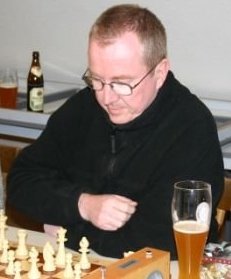
Book Details :
- Hardcover : 192 pages
- Publisher: Gambit Publications Ltd (11 Jun. 2020)
- Language: English
- ISBN-10: 1911465422
- ISBN-13: 978-1911465423
- Product Dimensions: 17.15 x 1.52 x 24.77 cm
Official web site of Gambit Publications Ltd.



